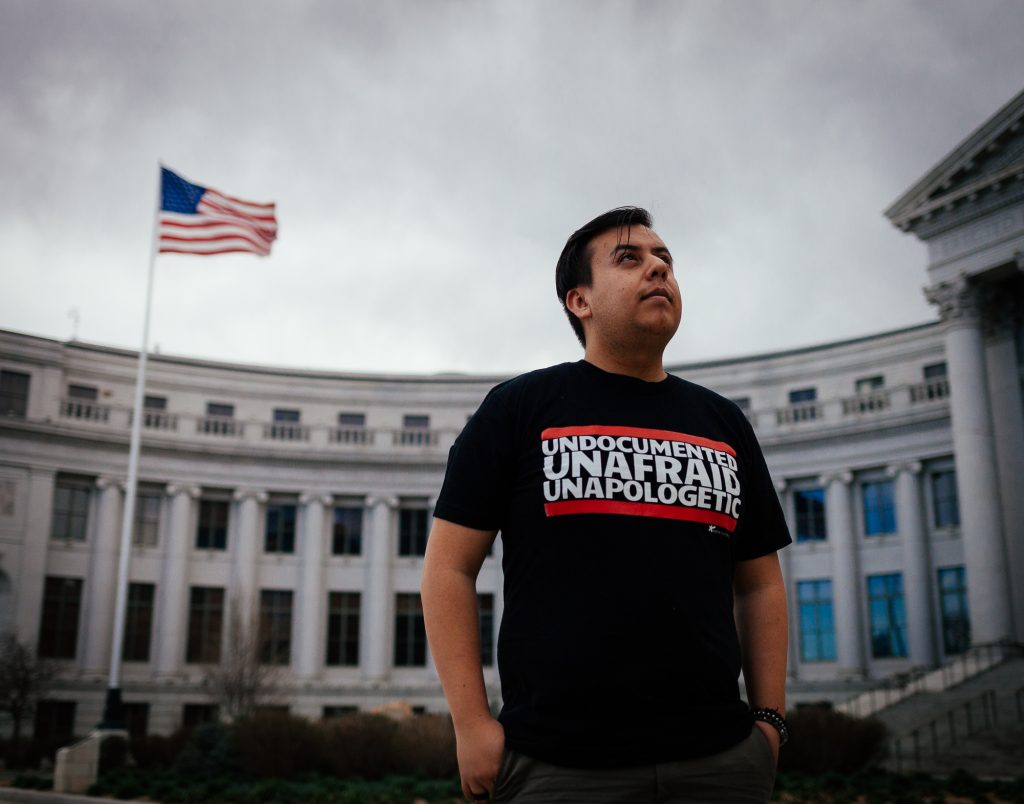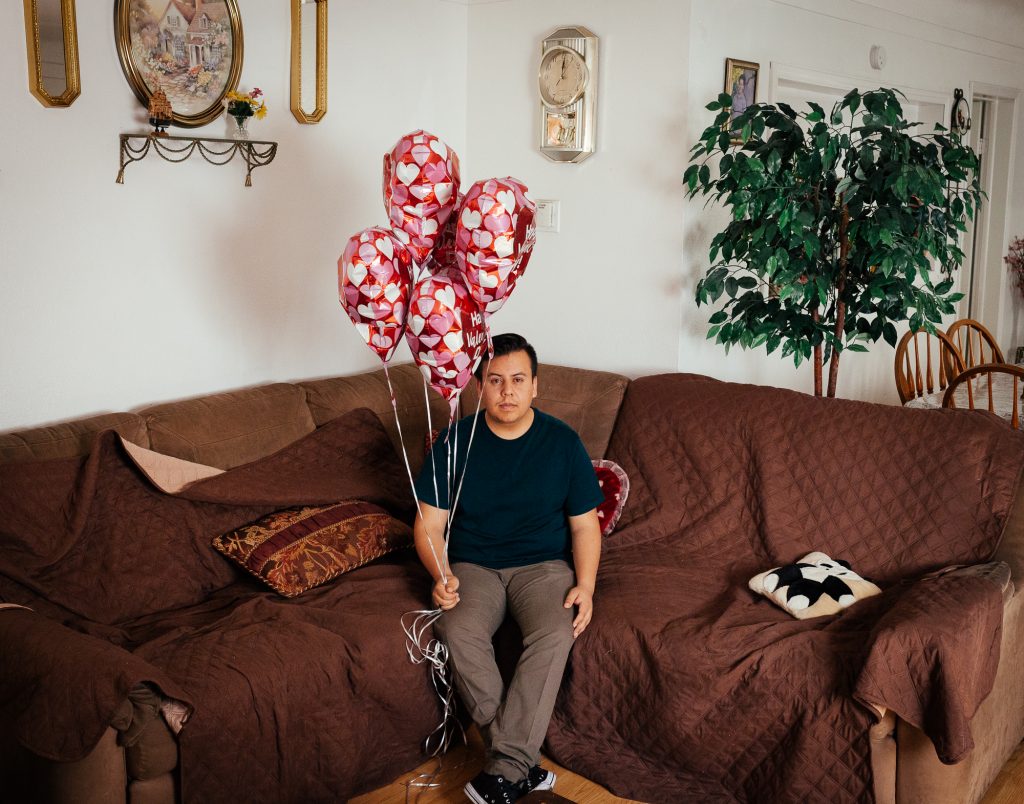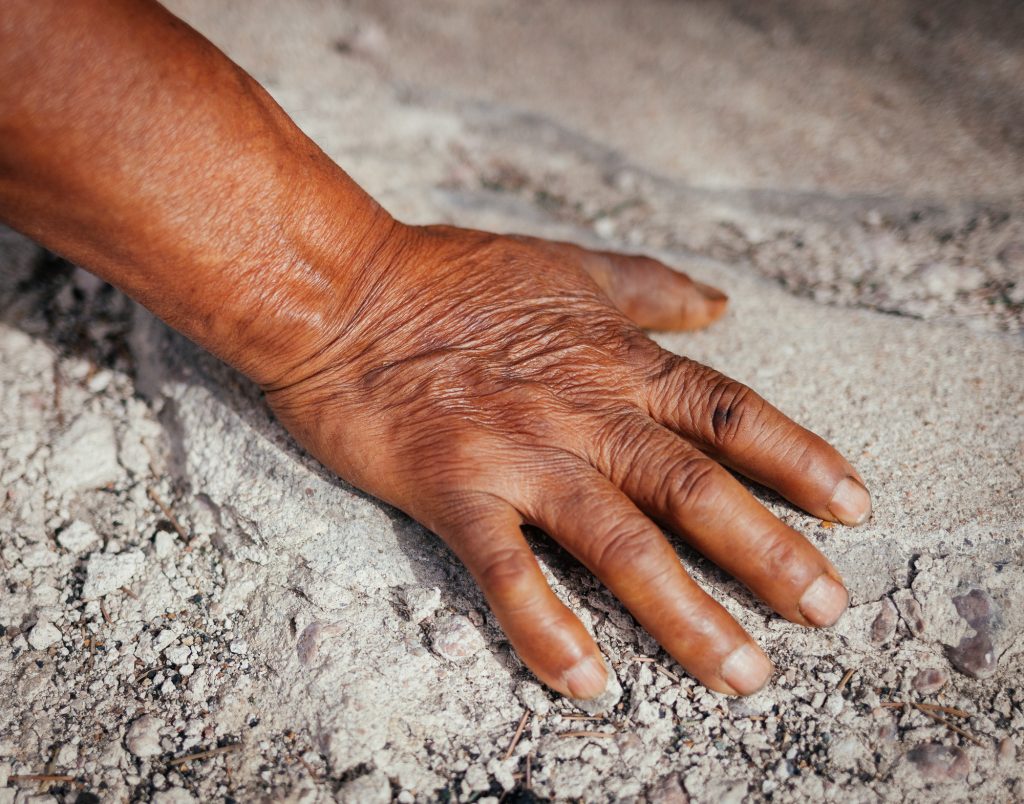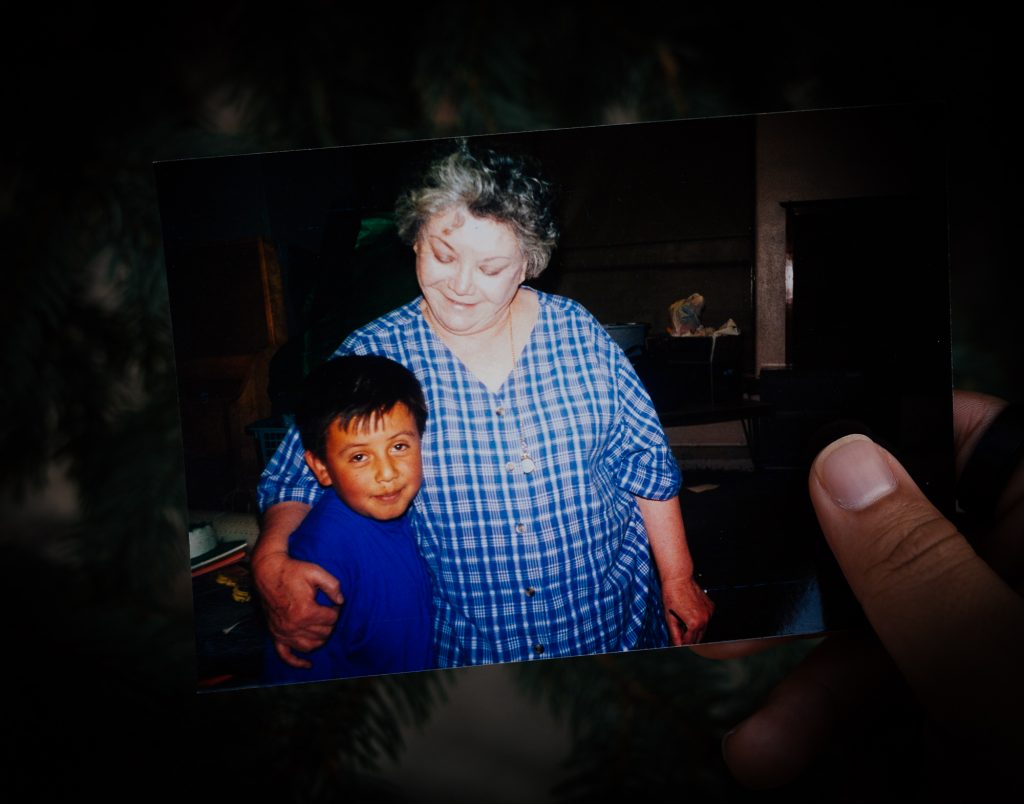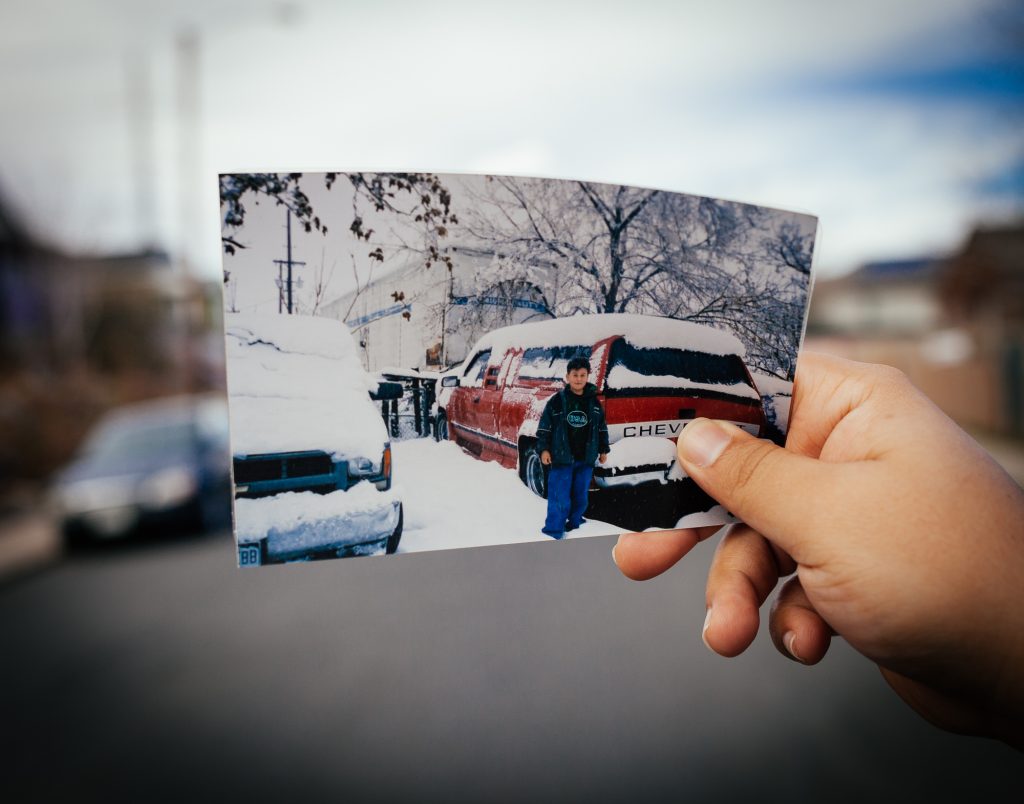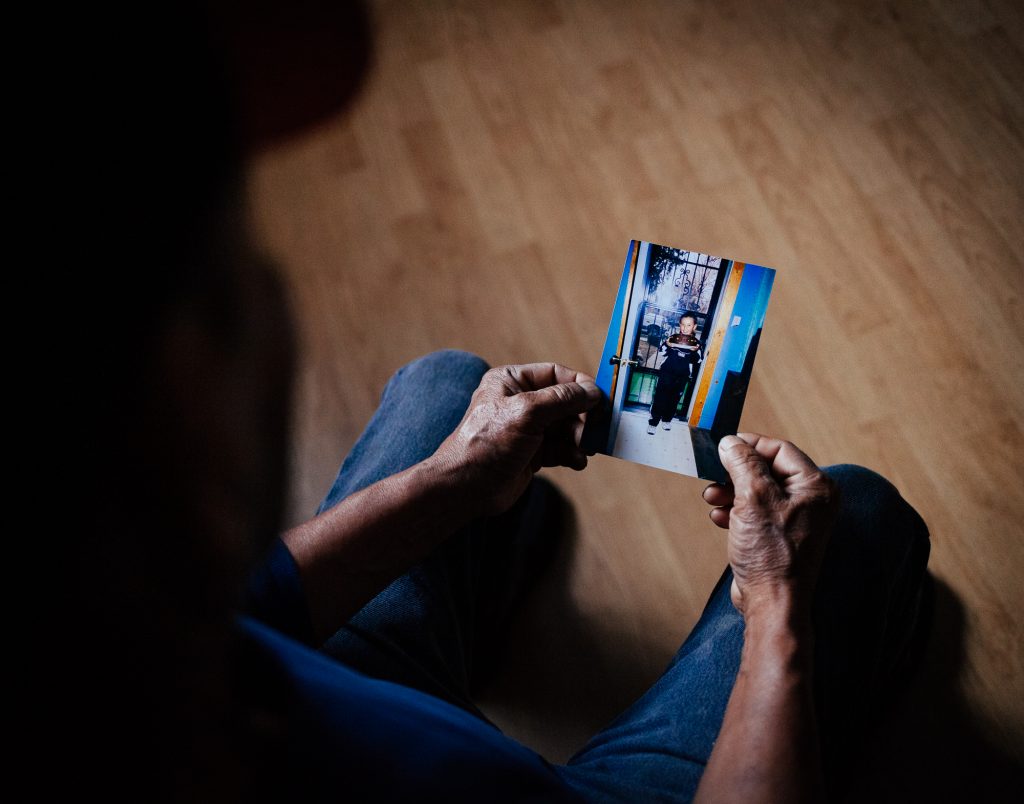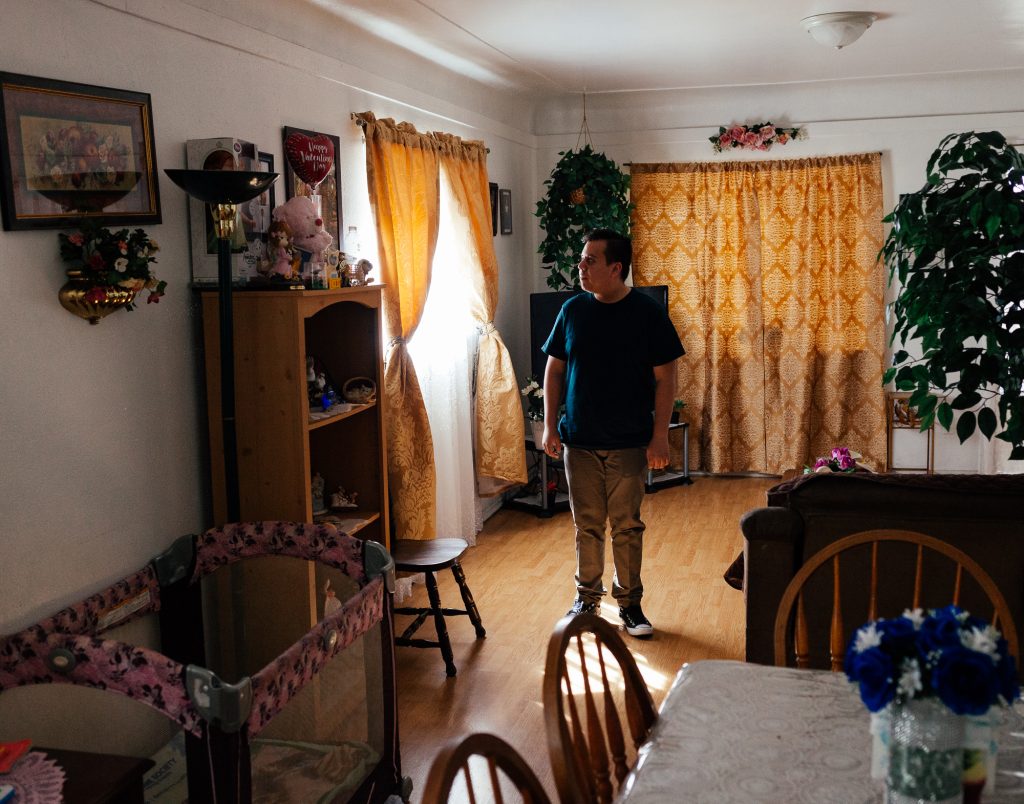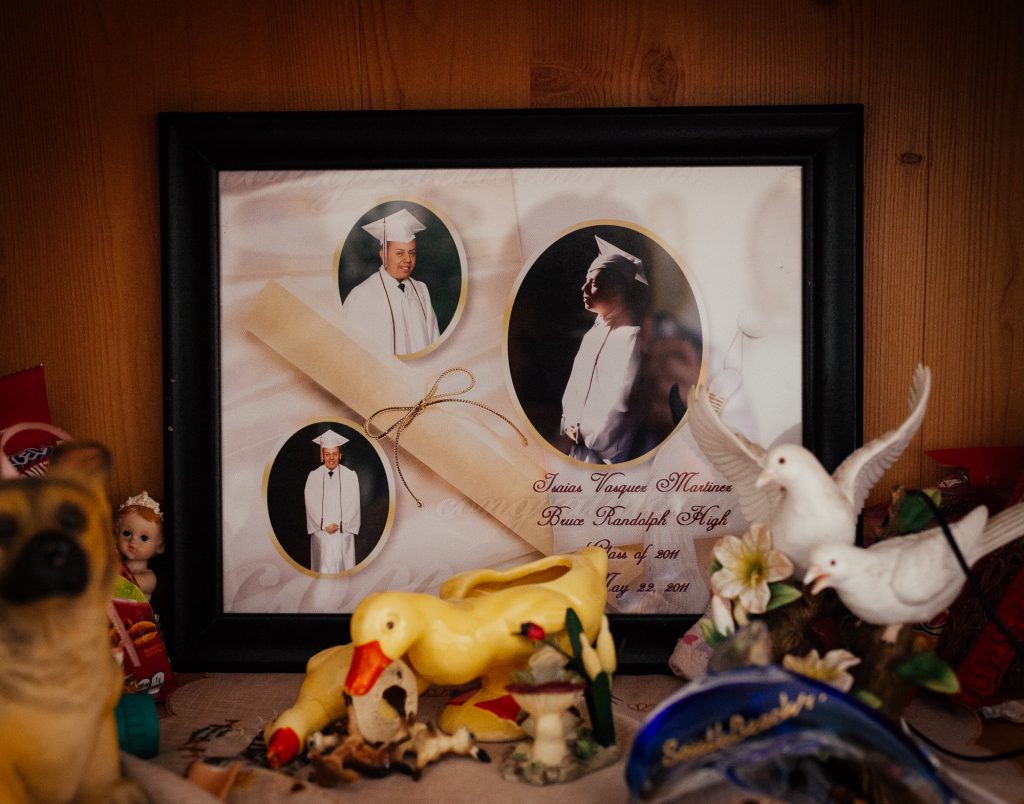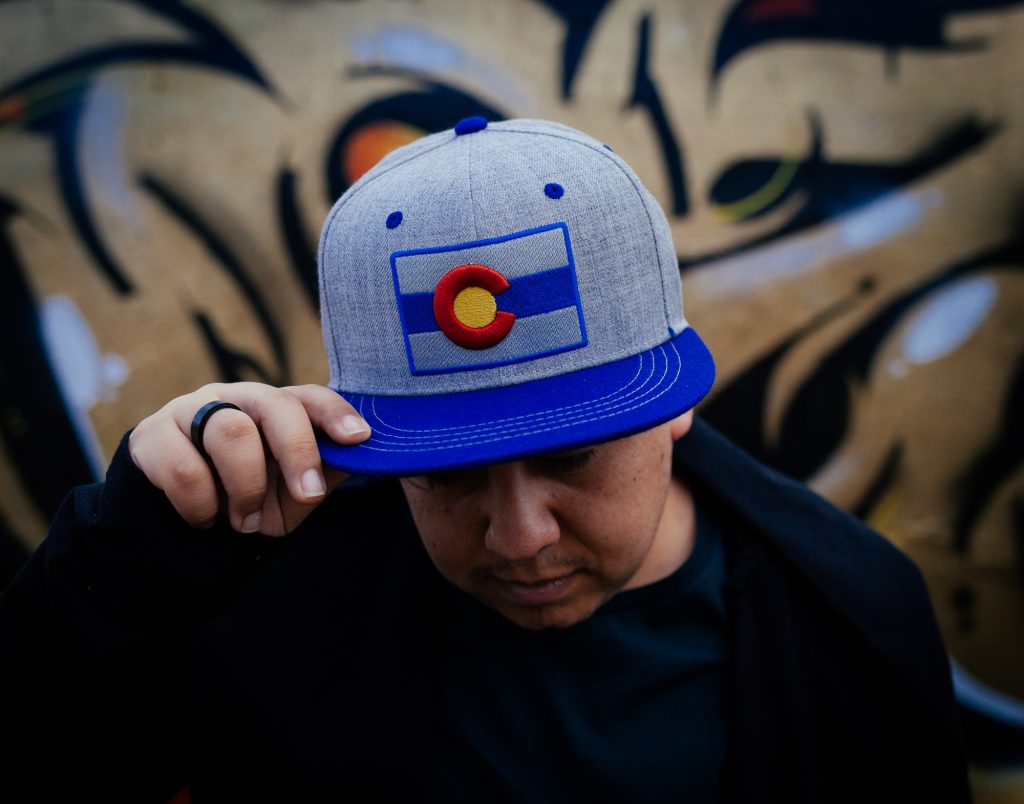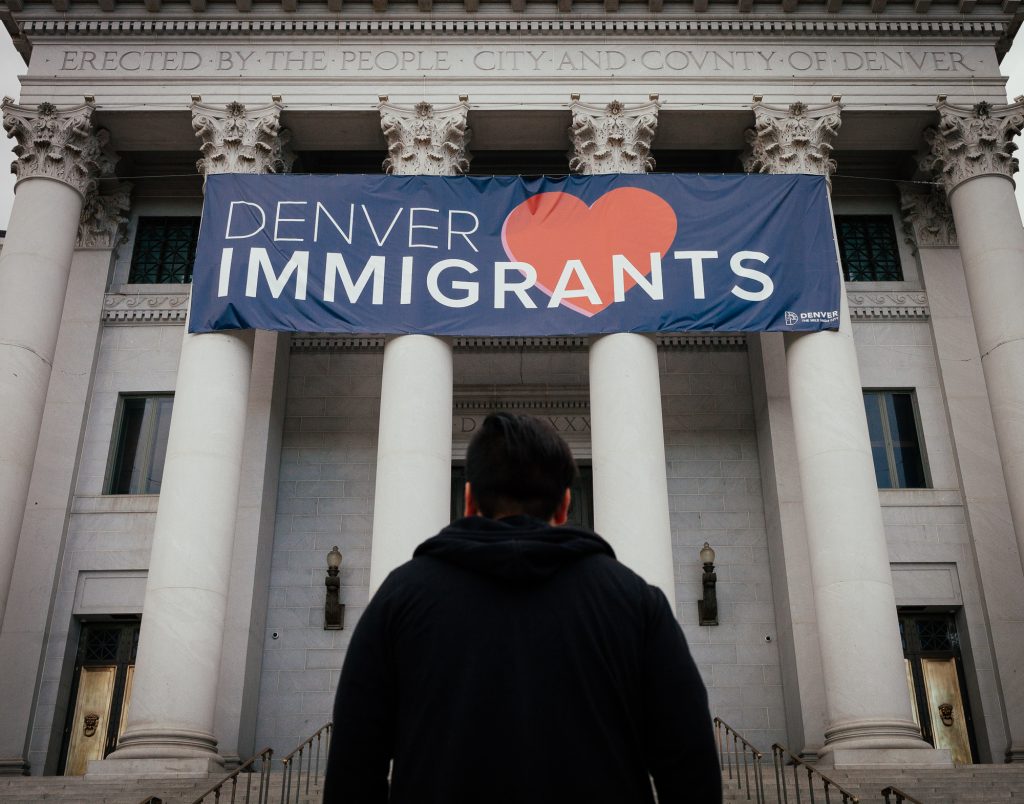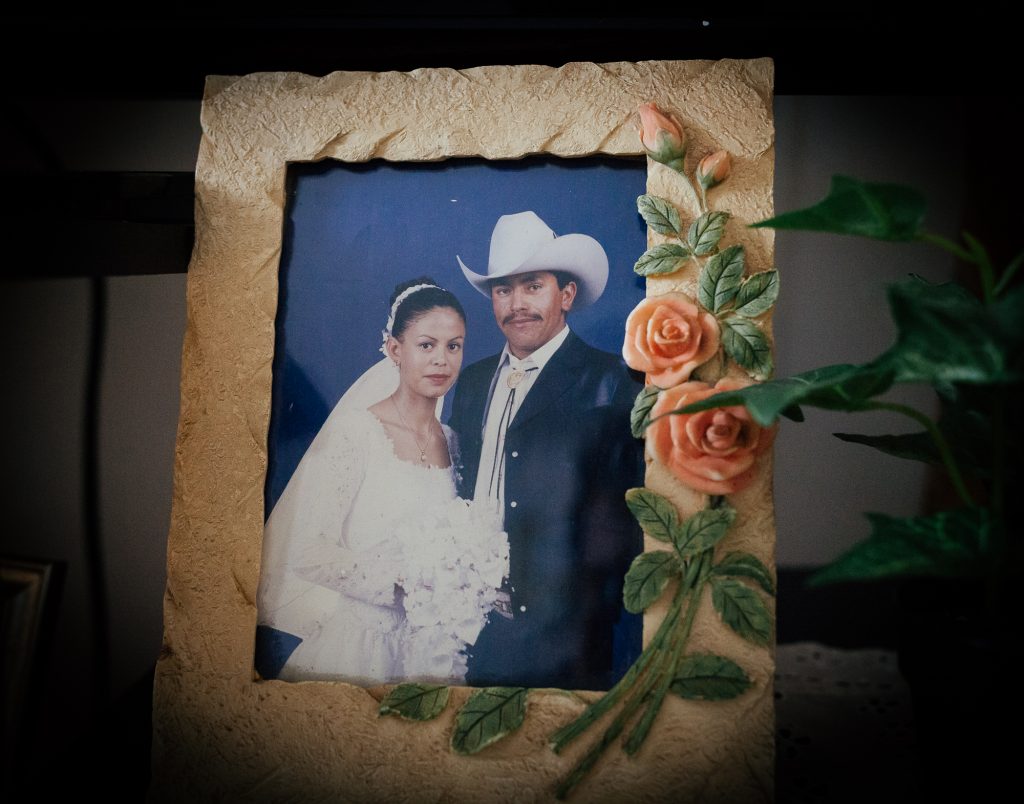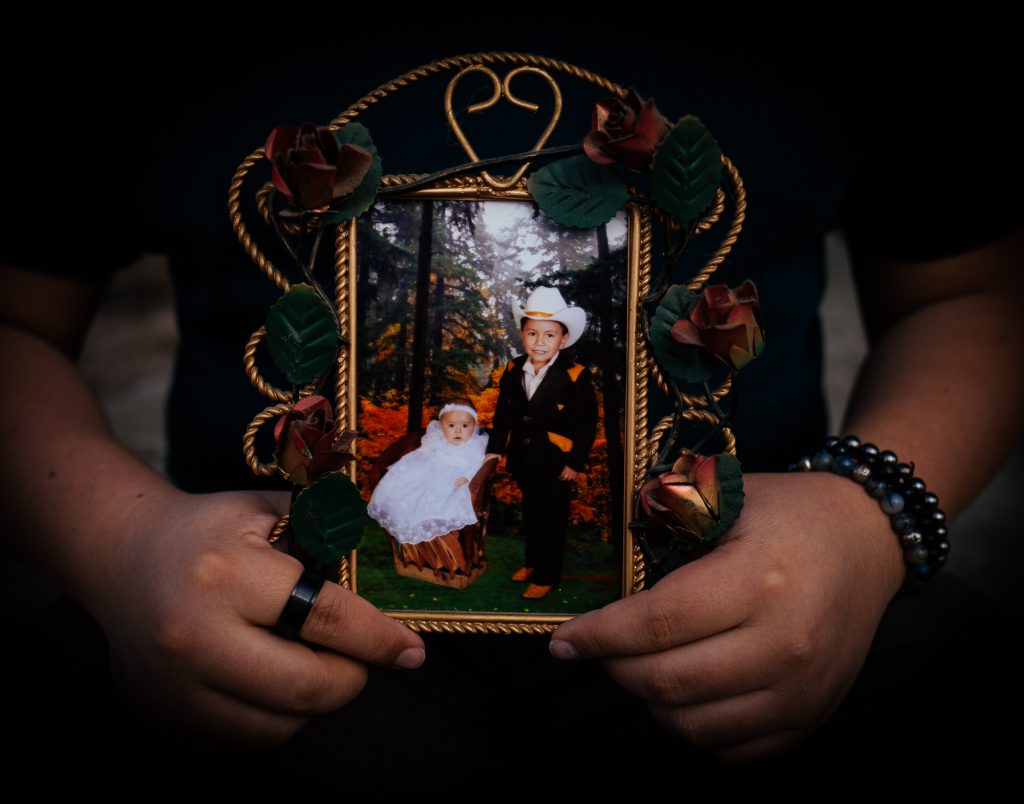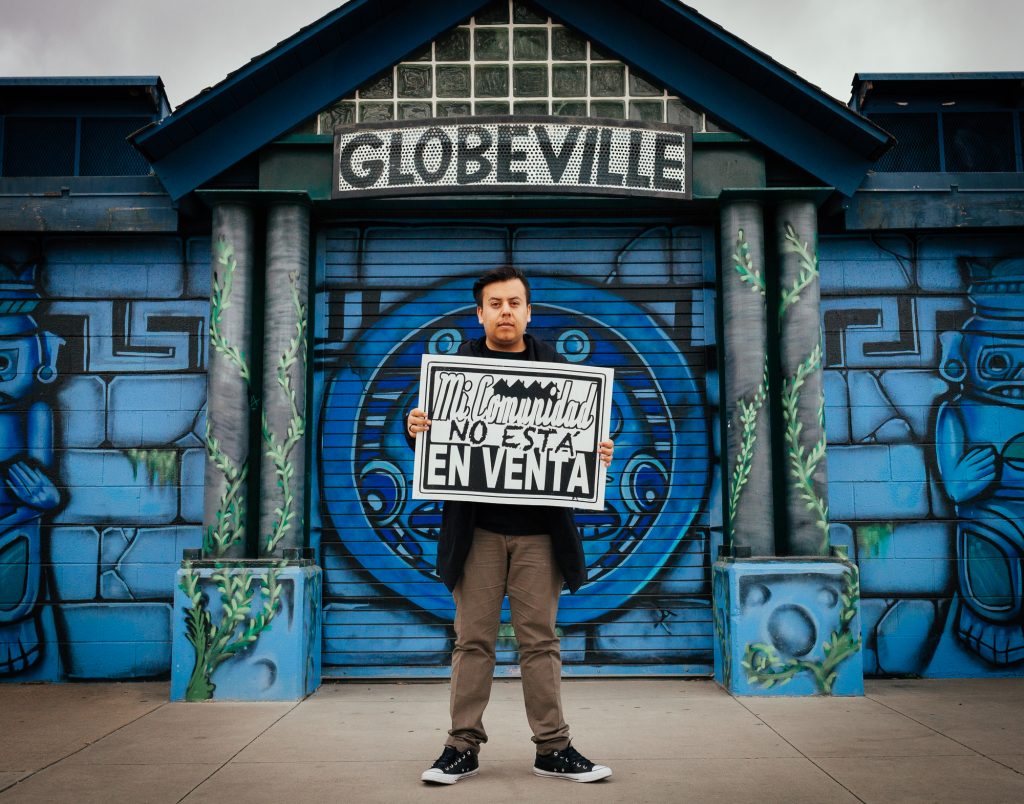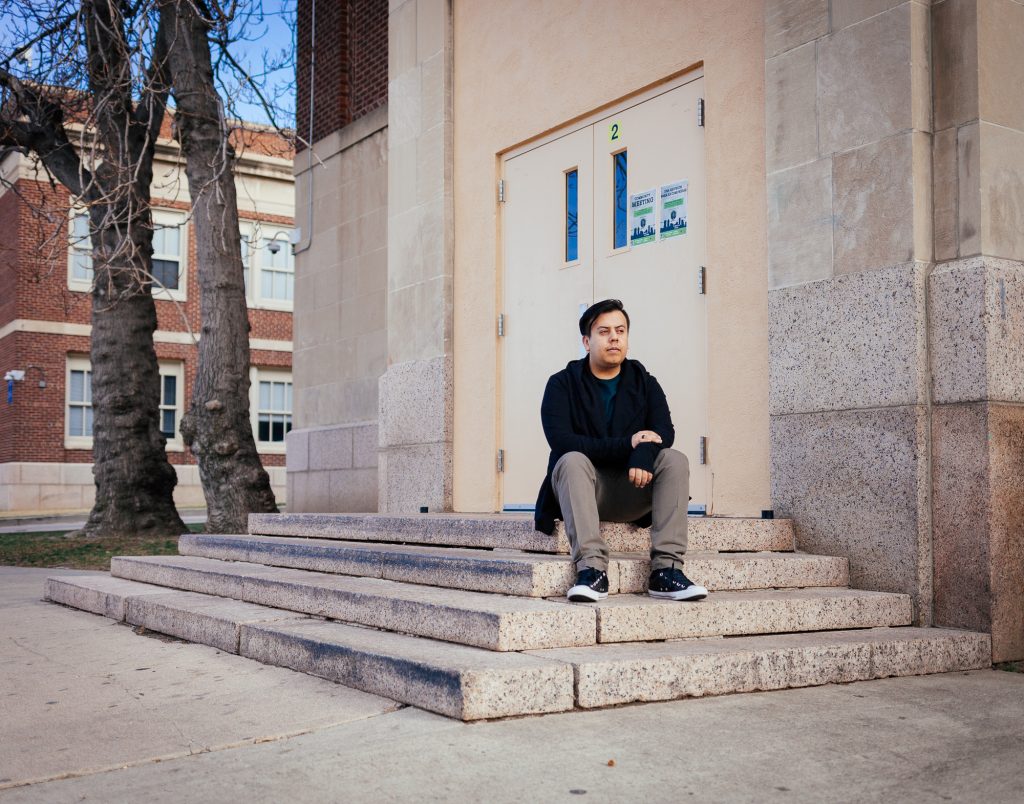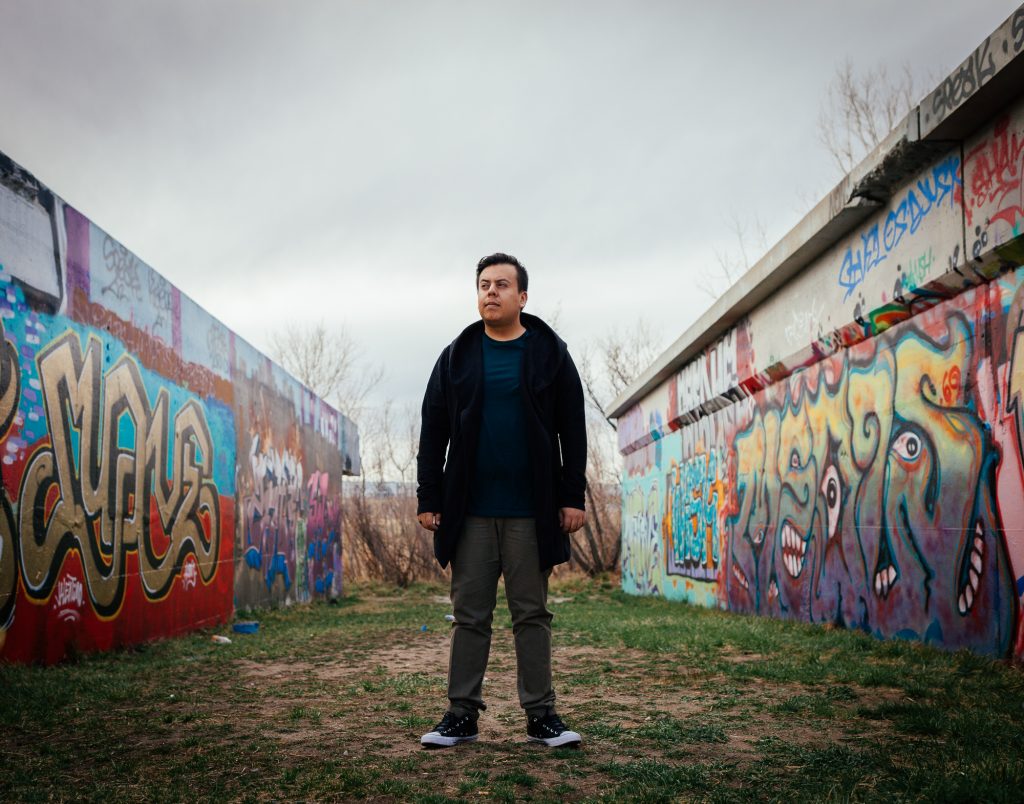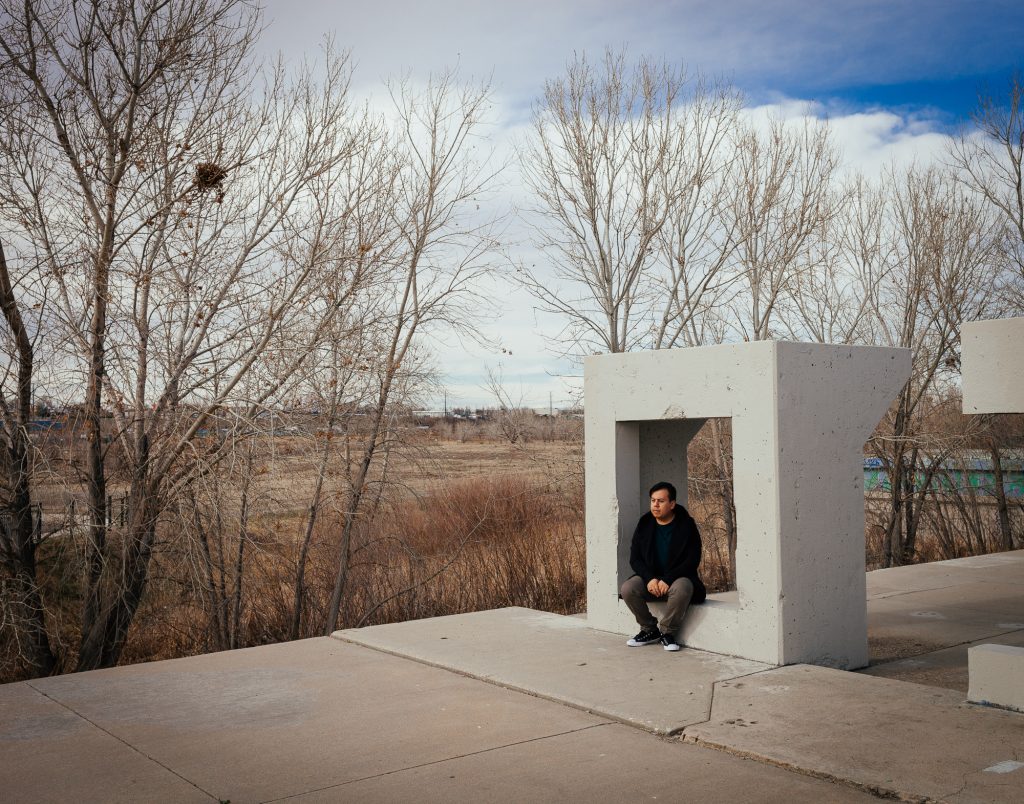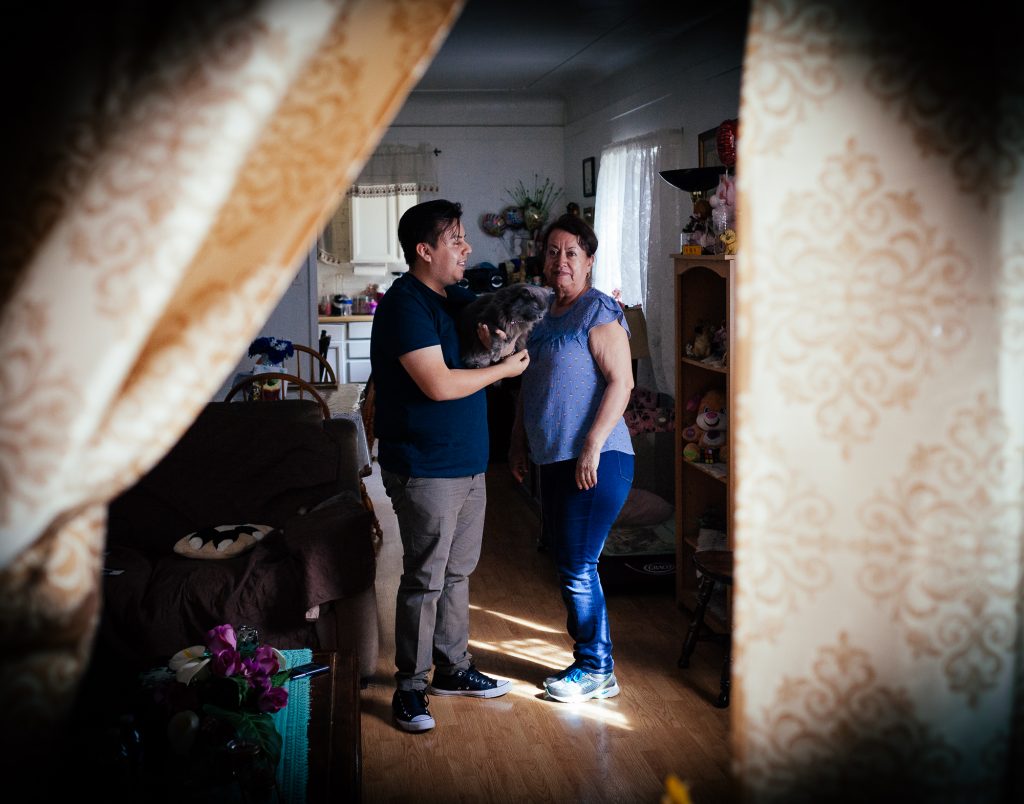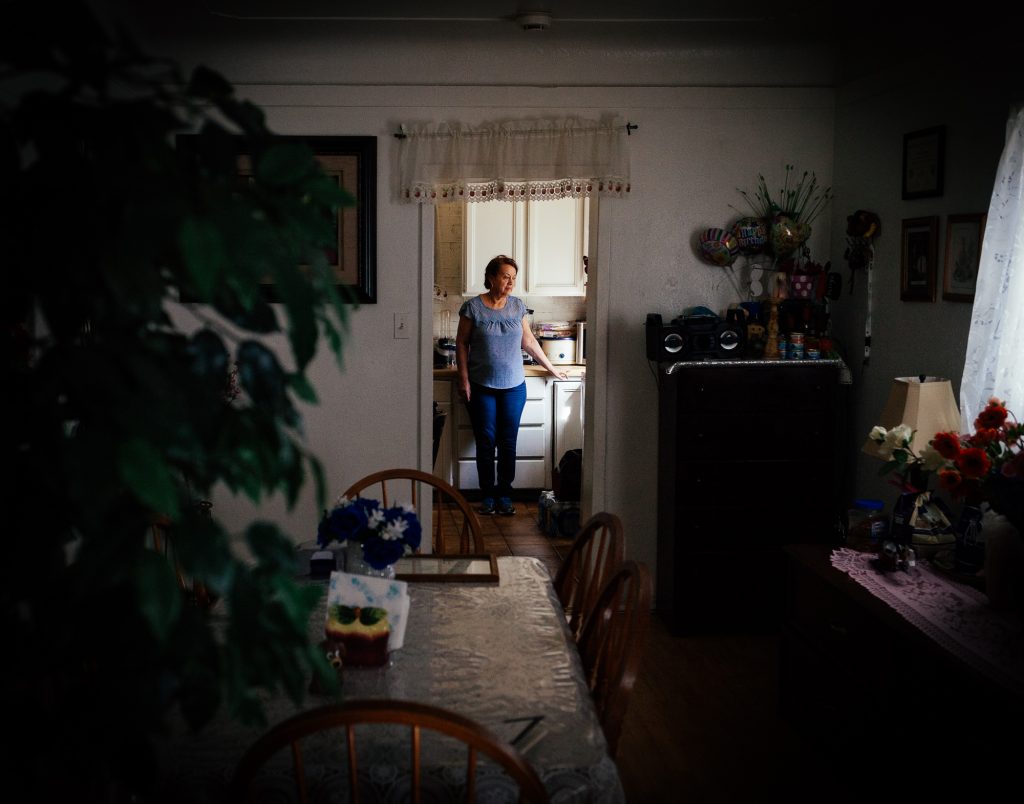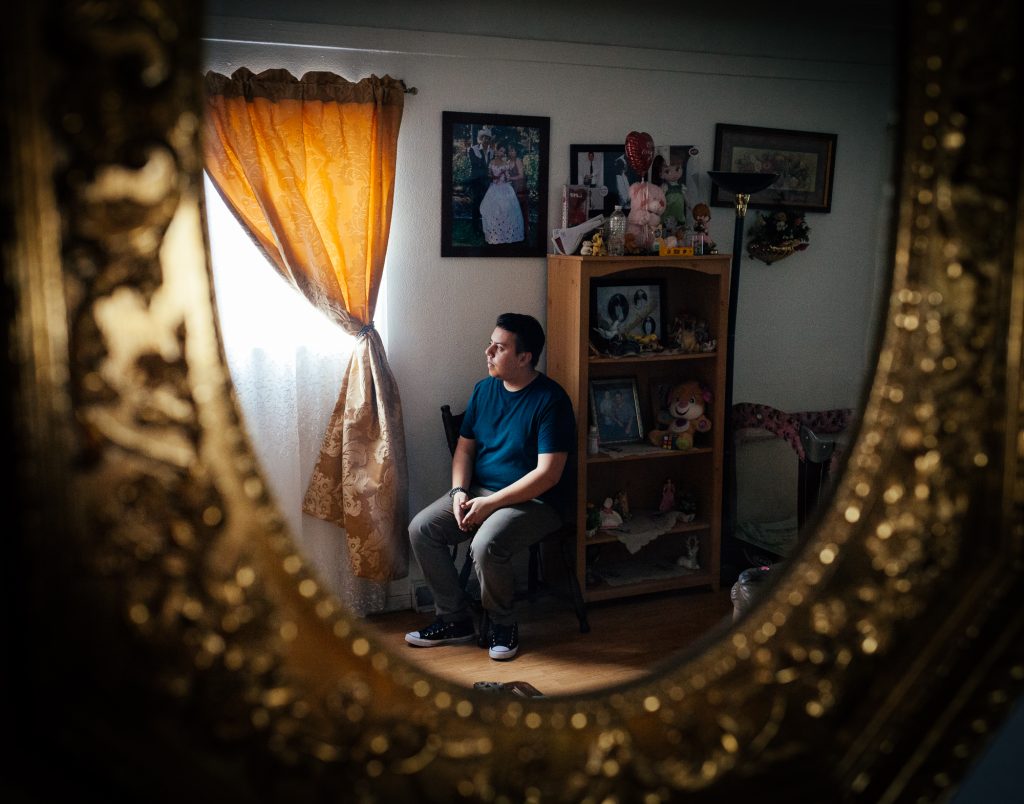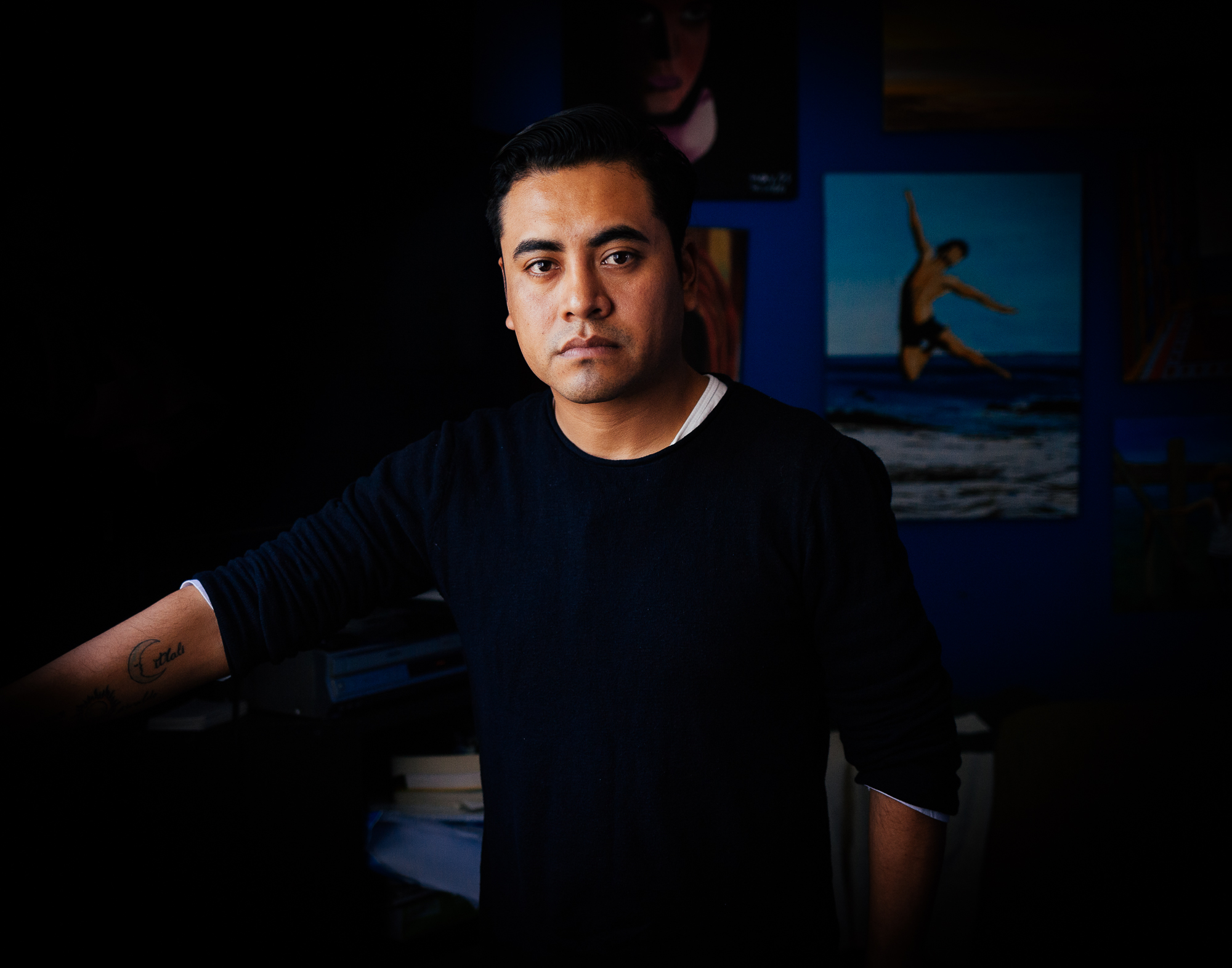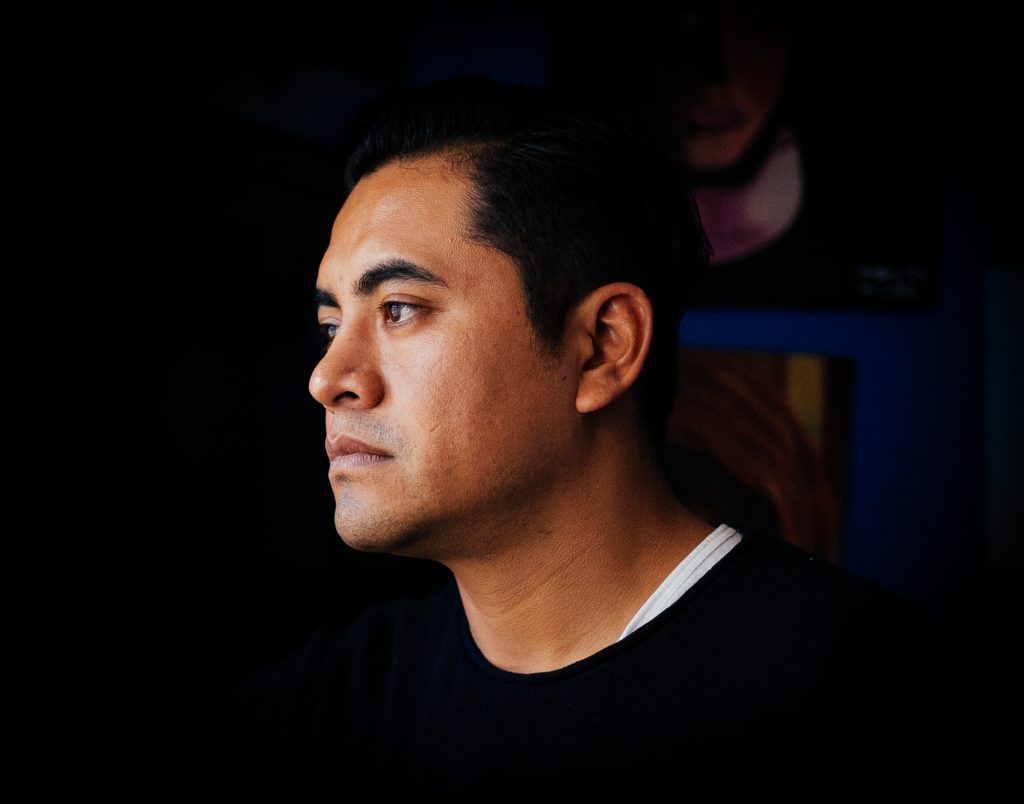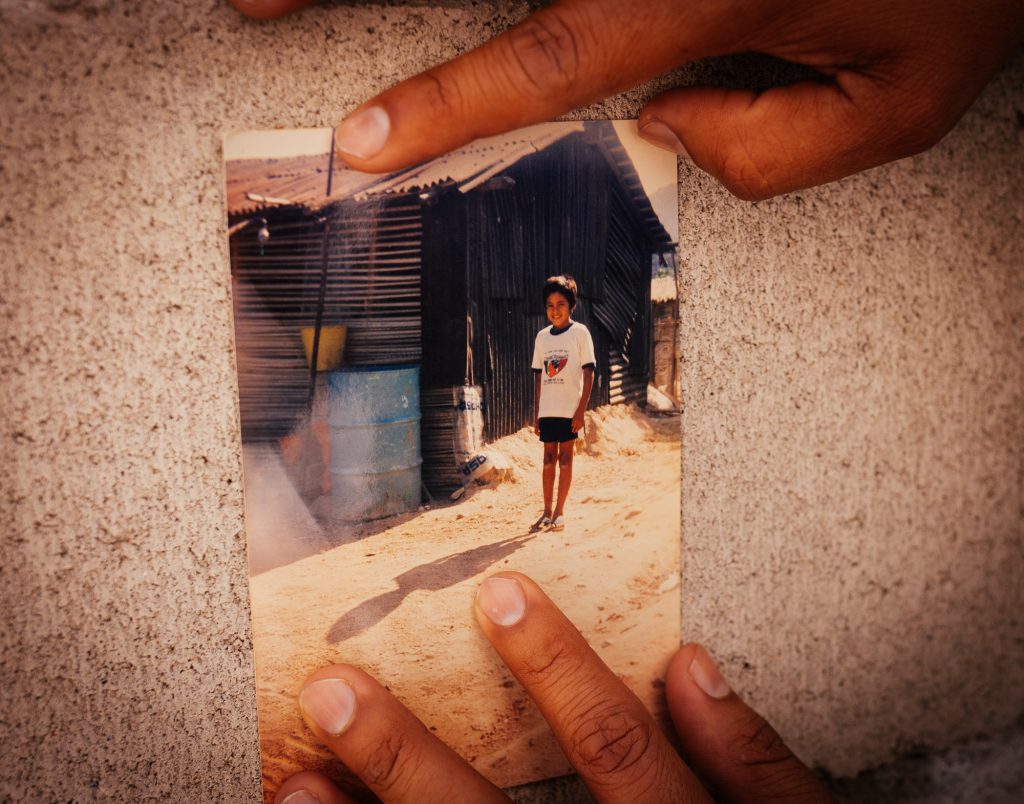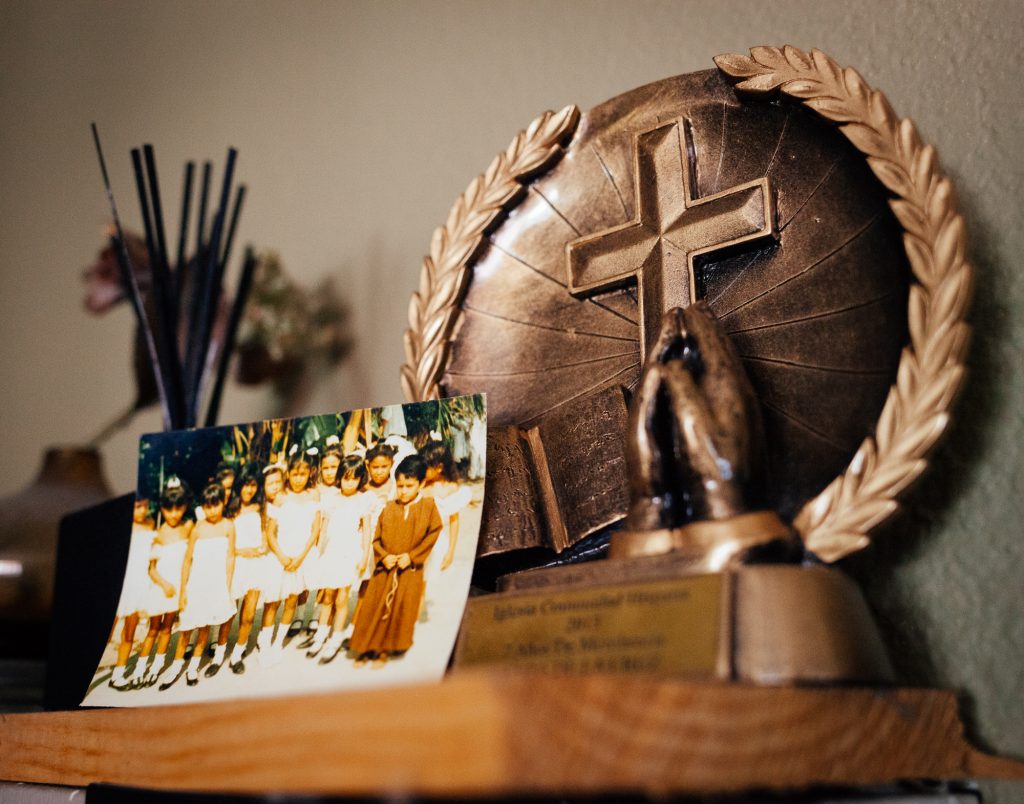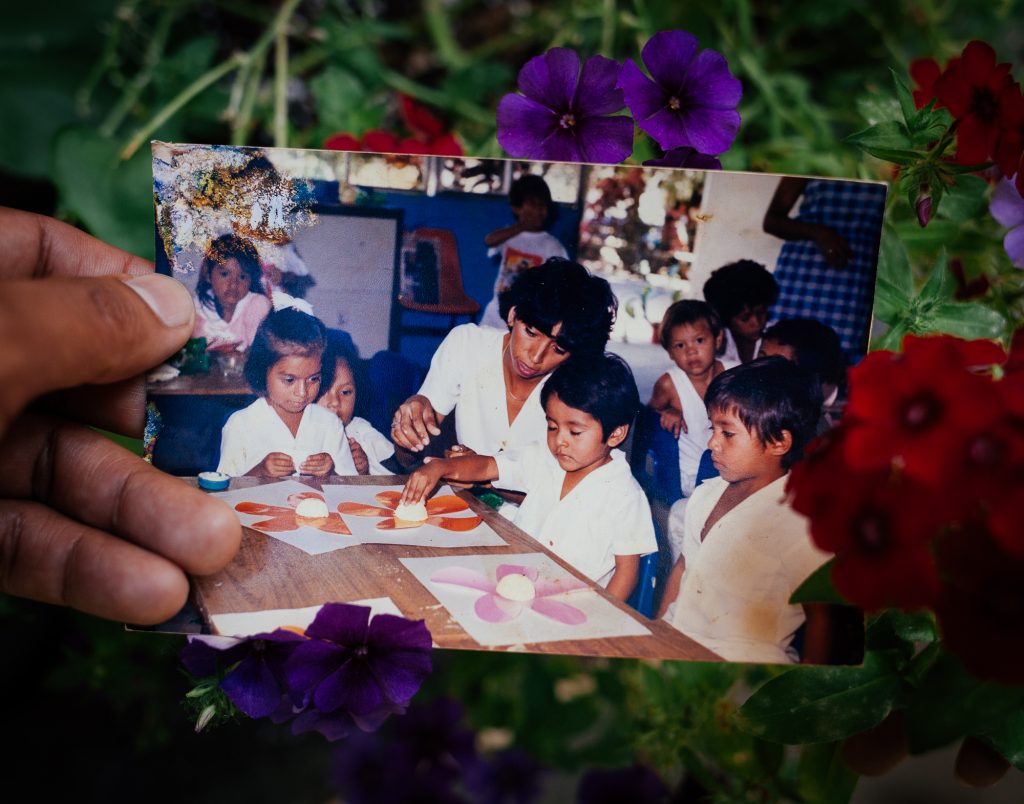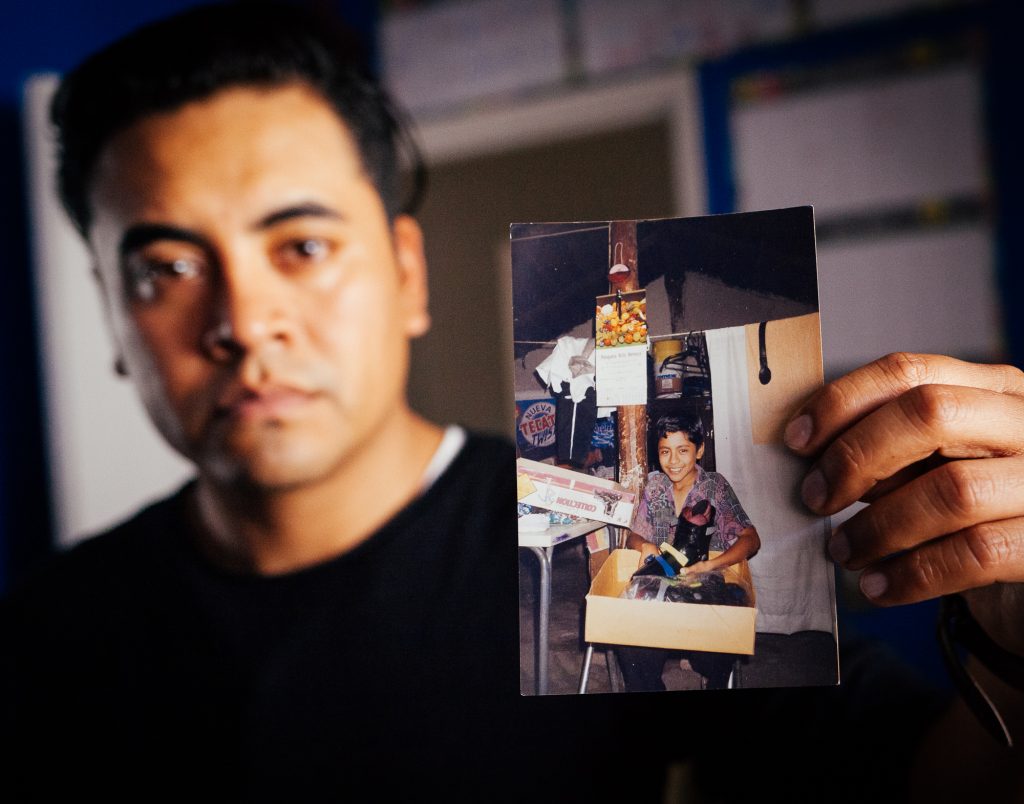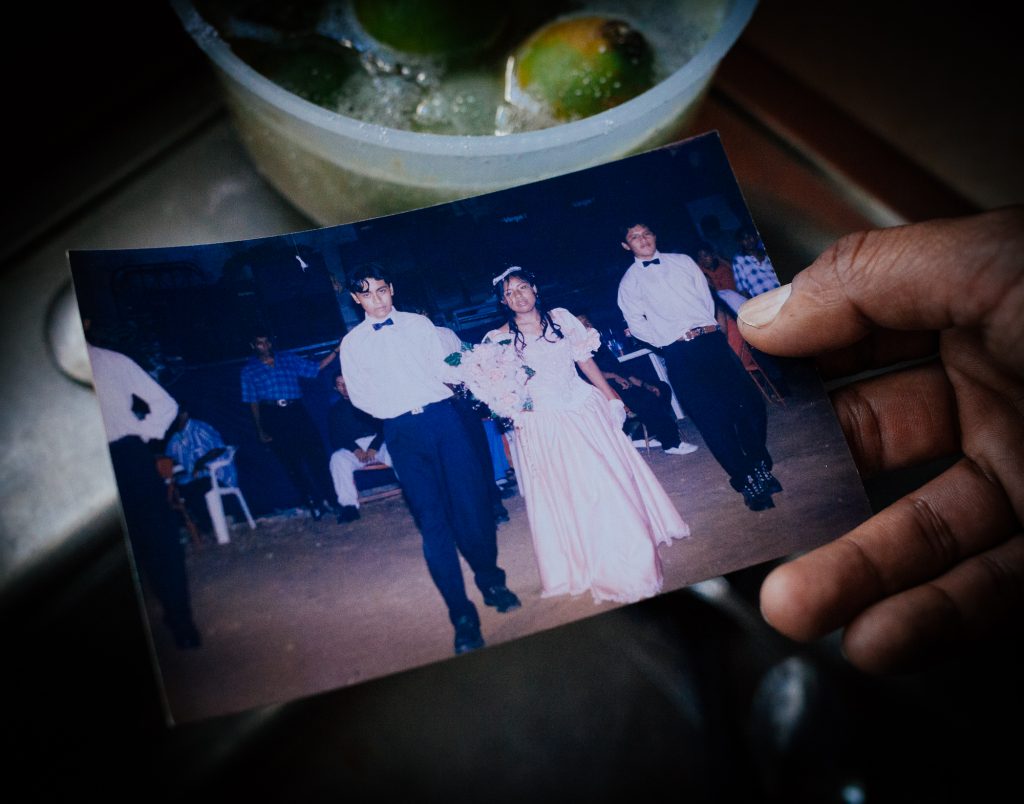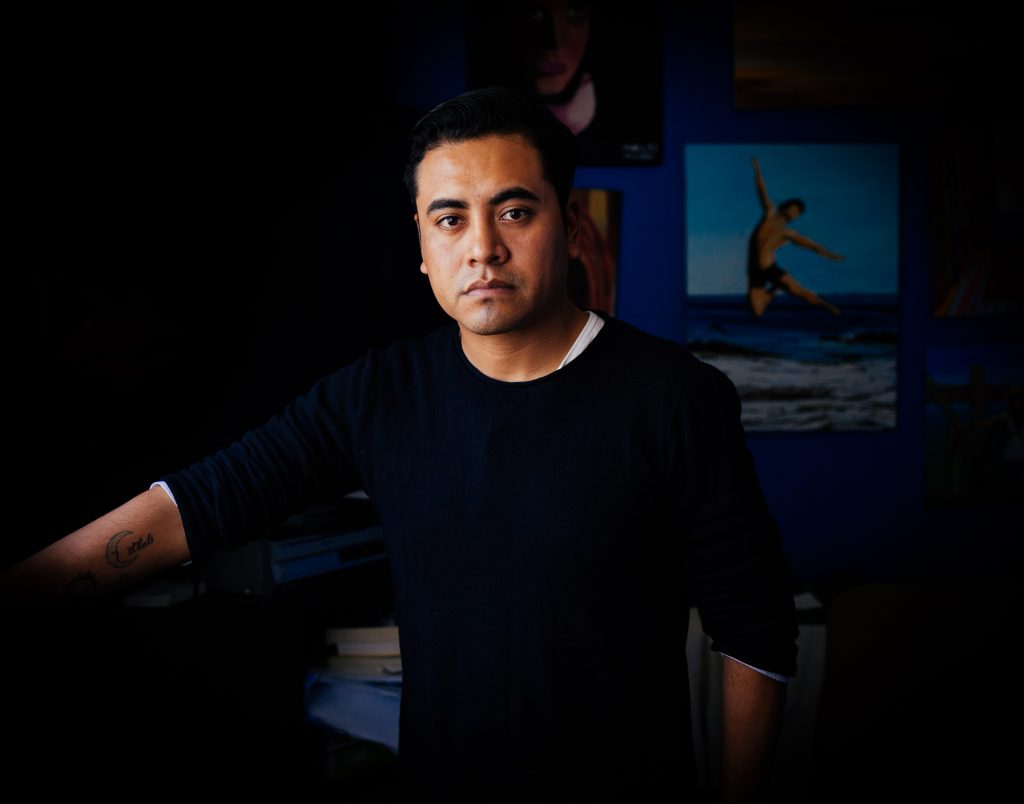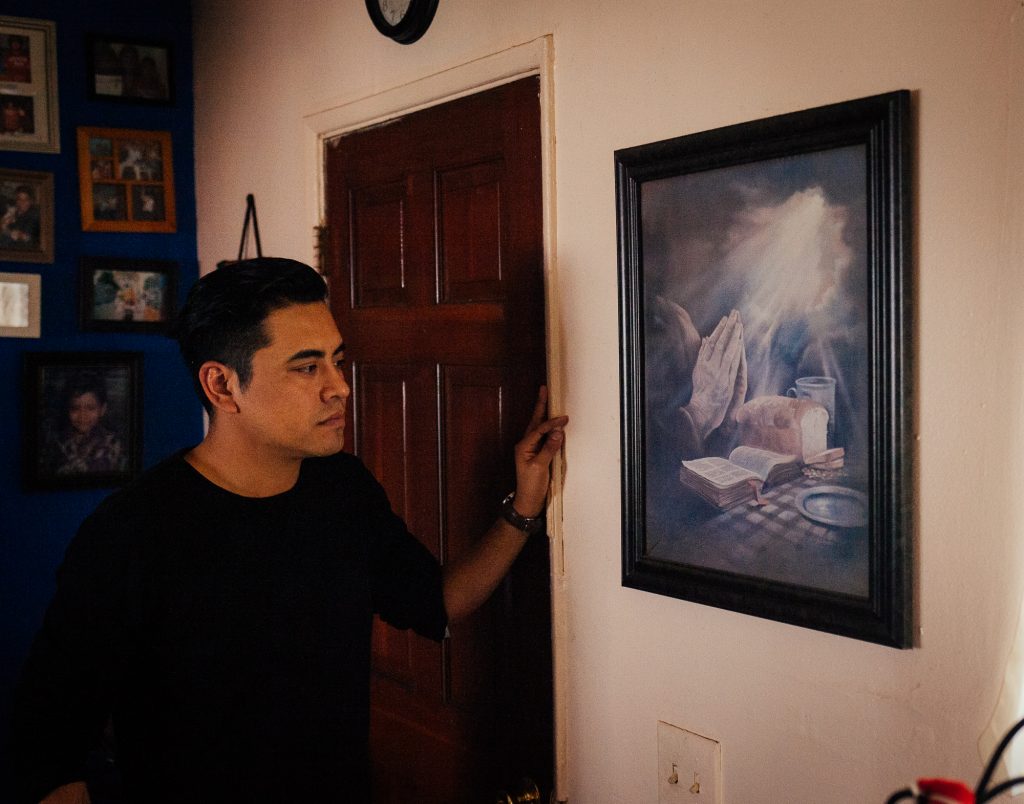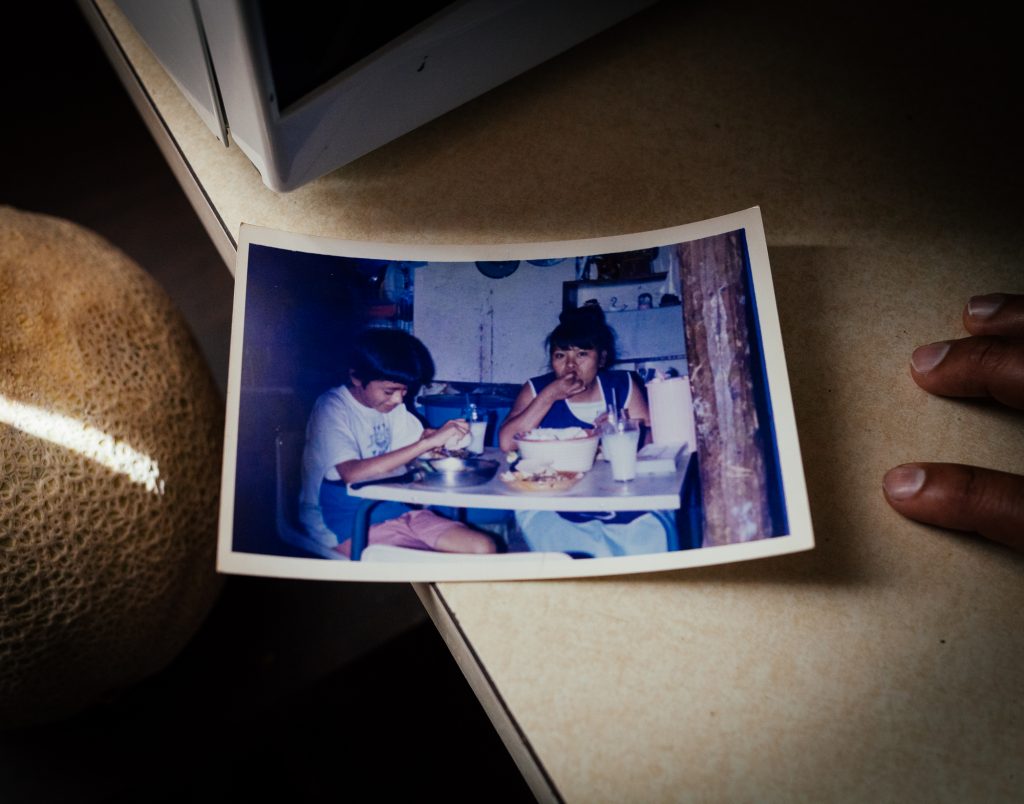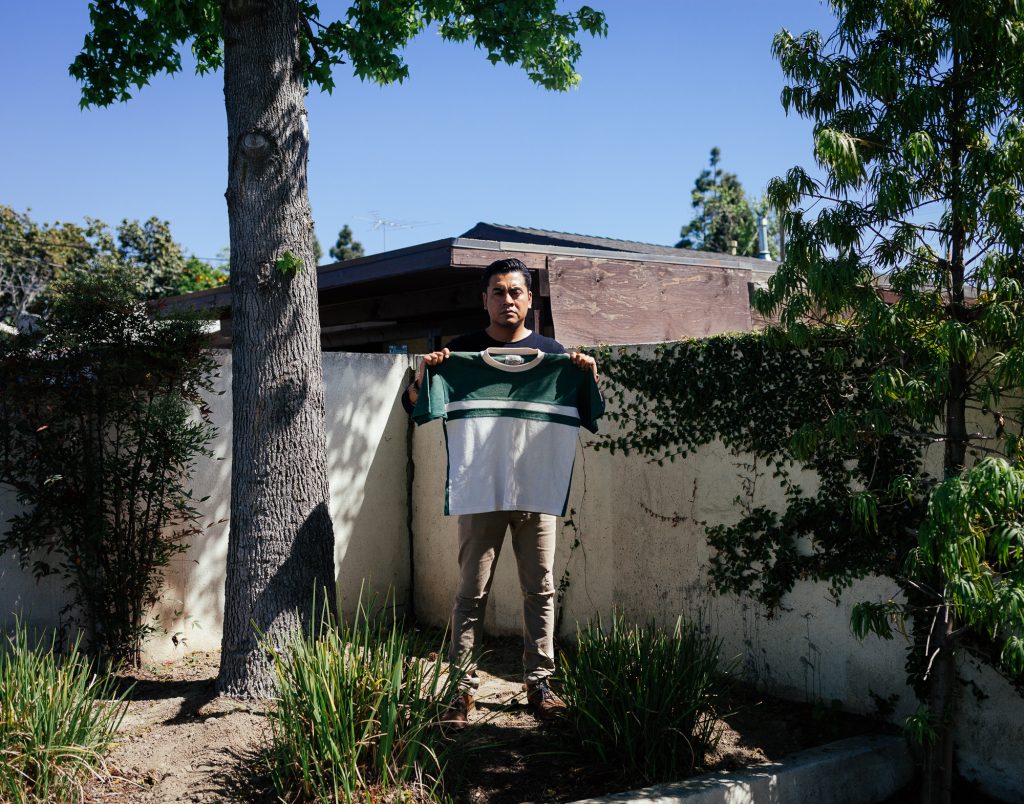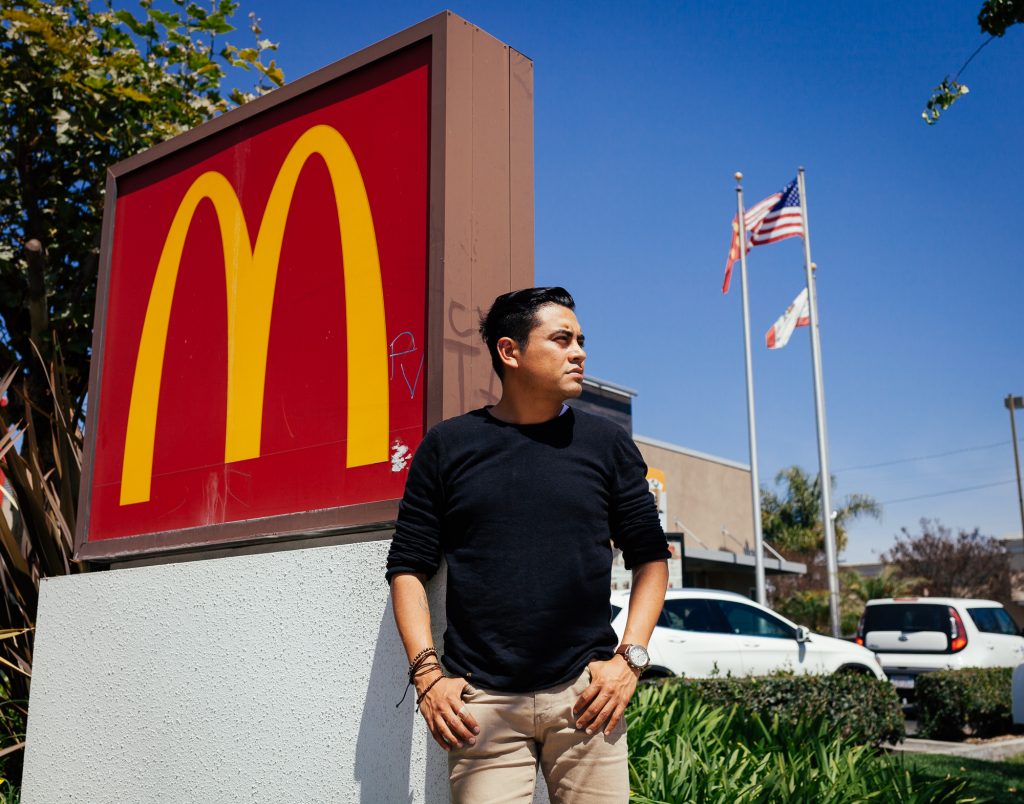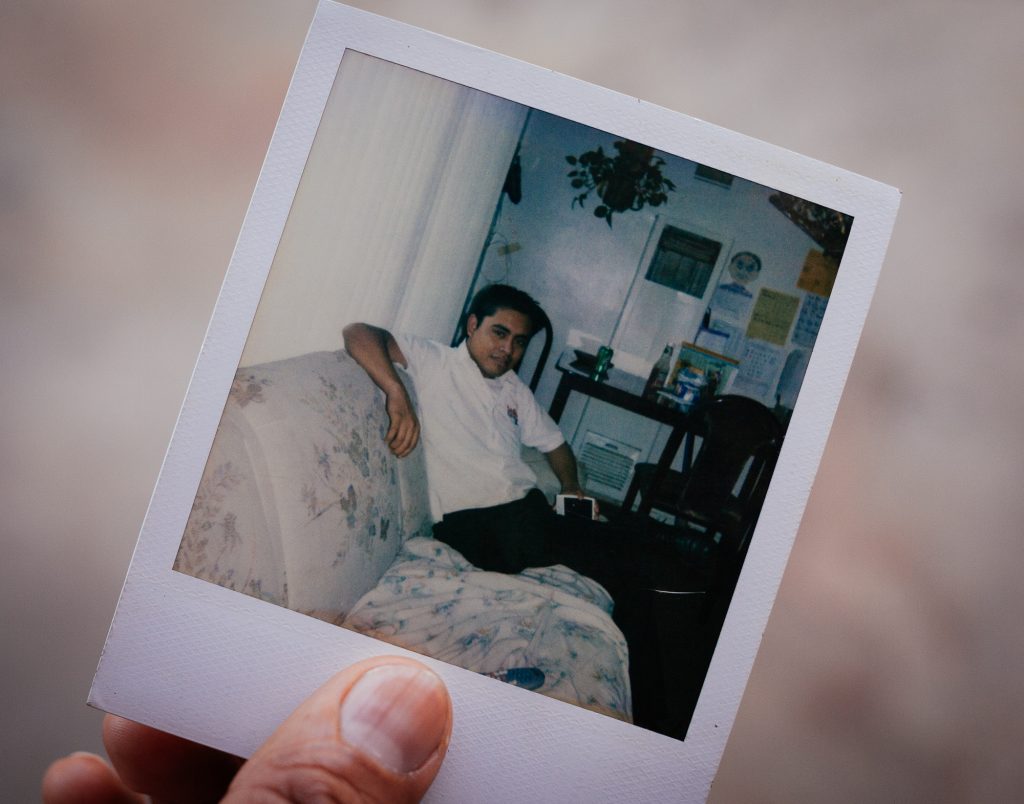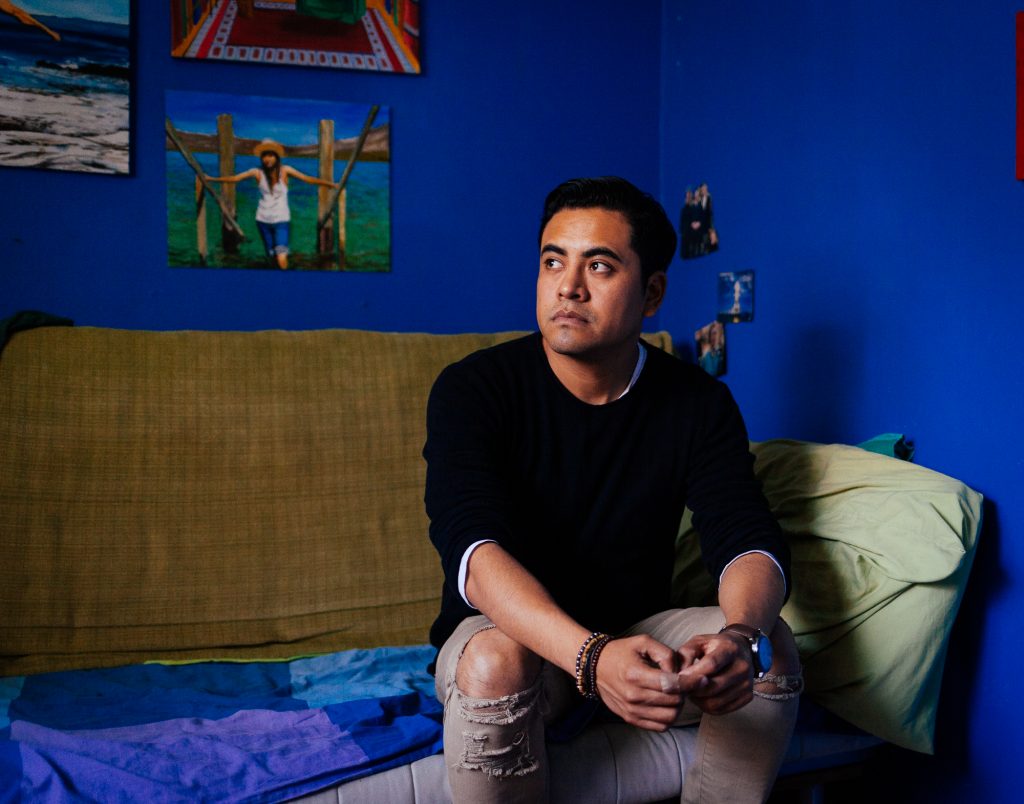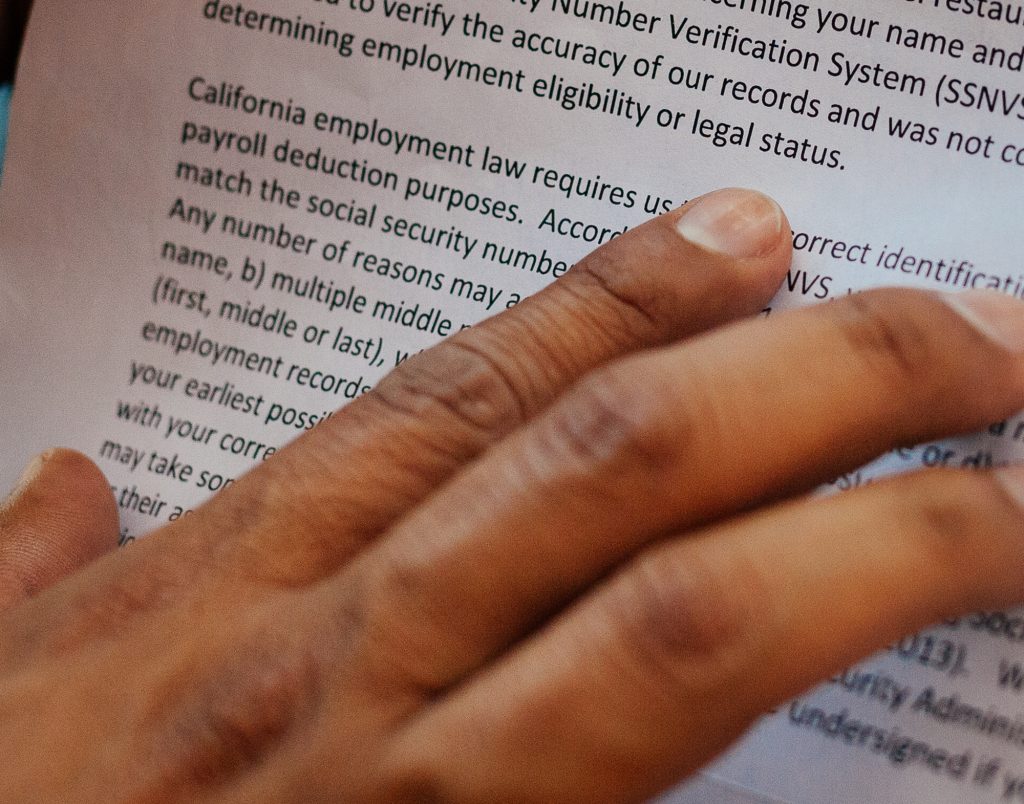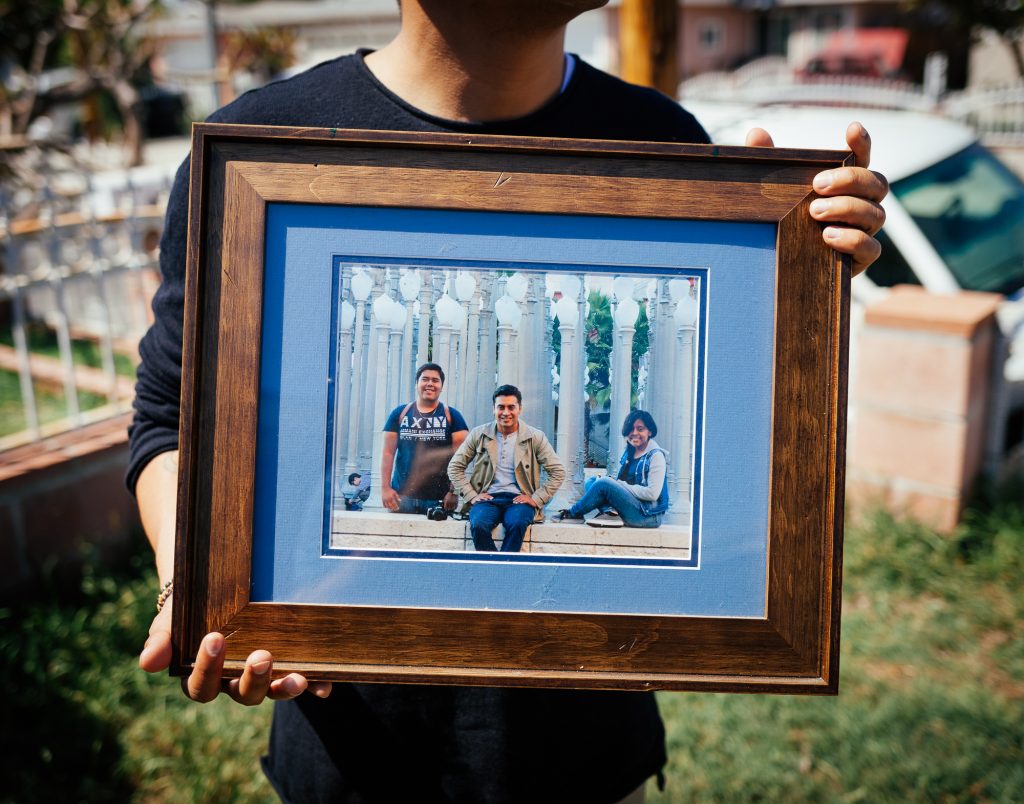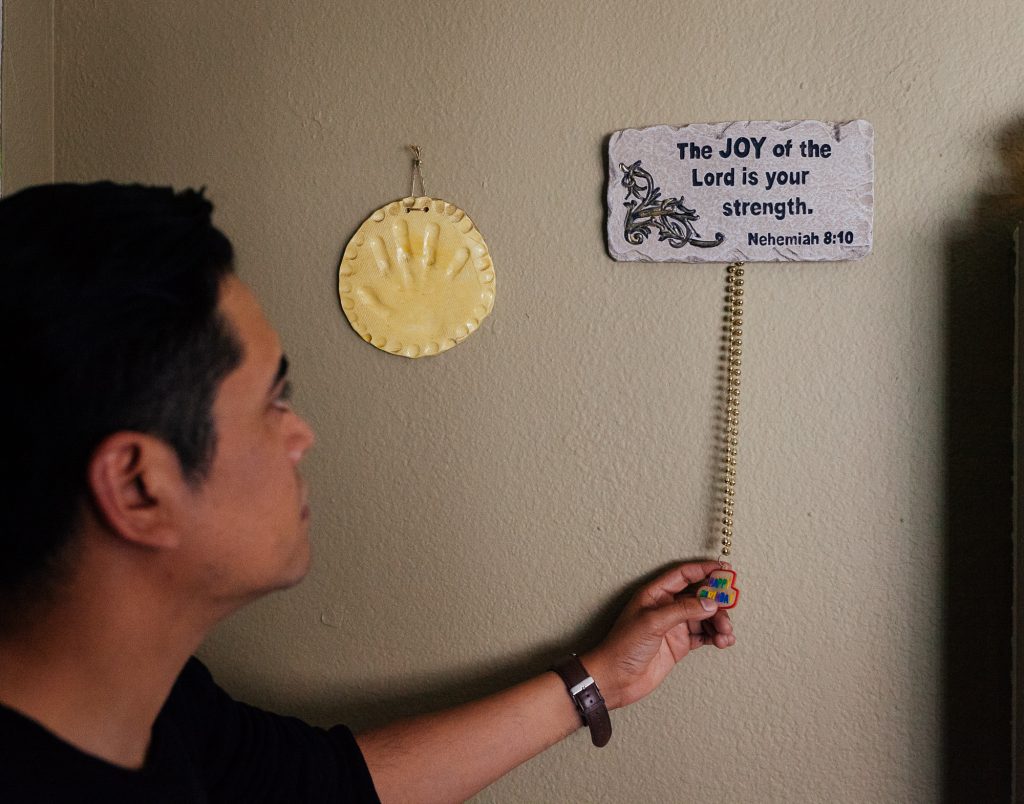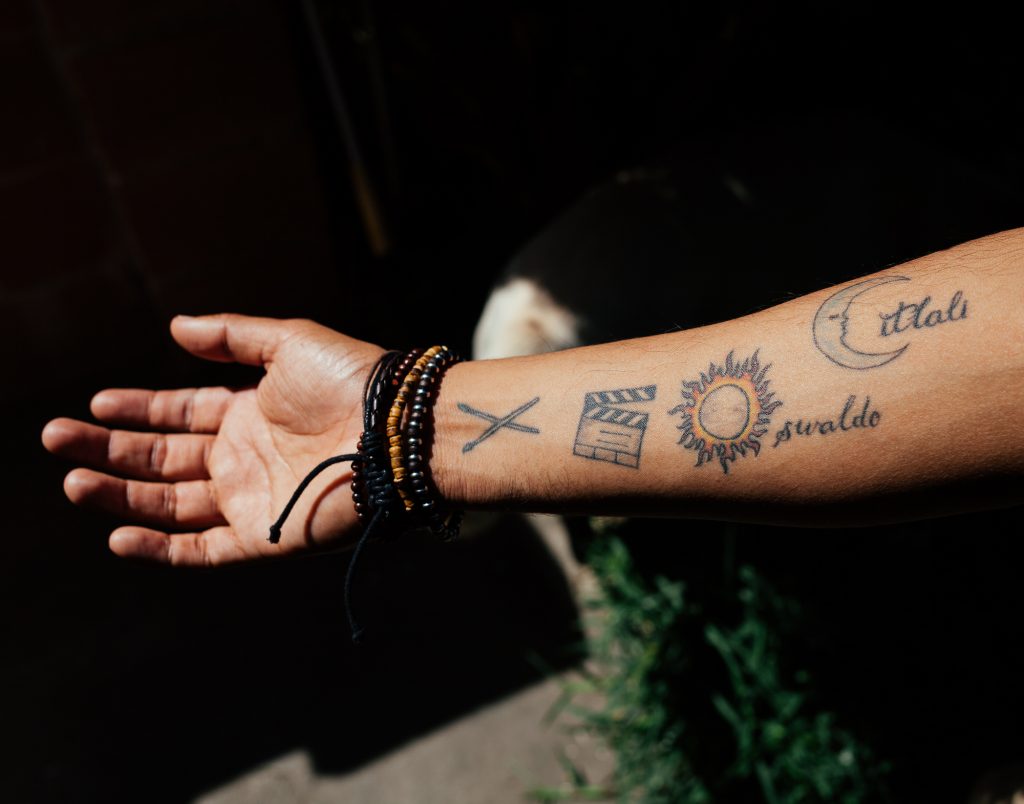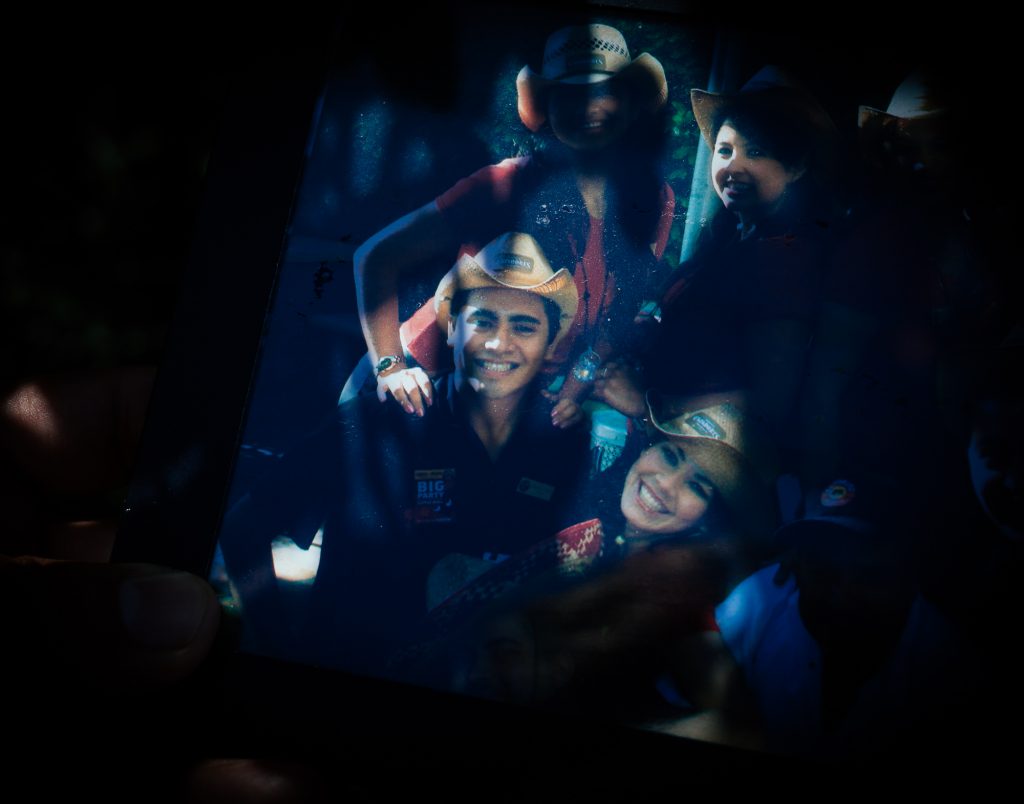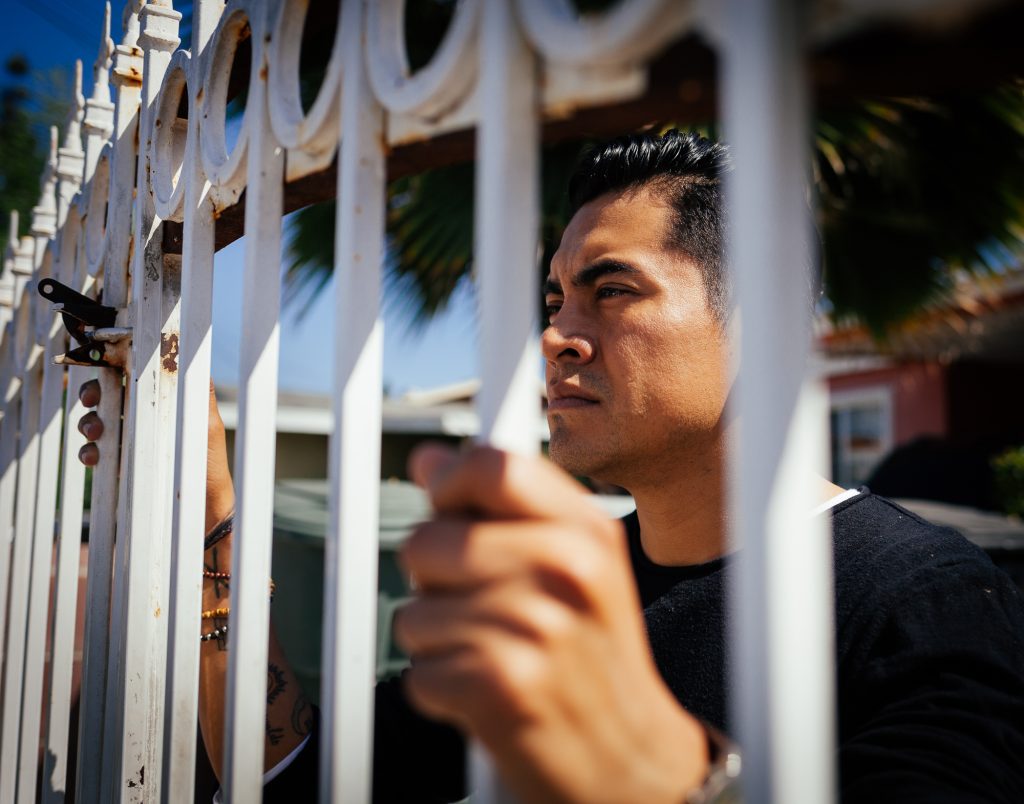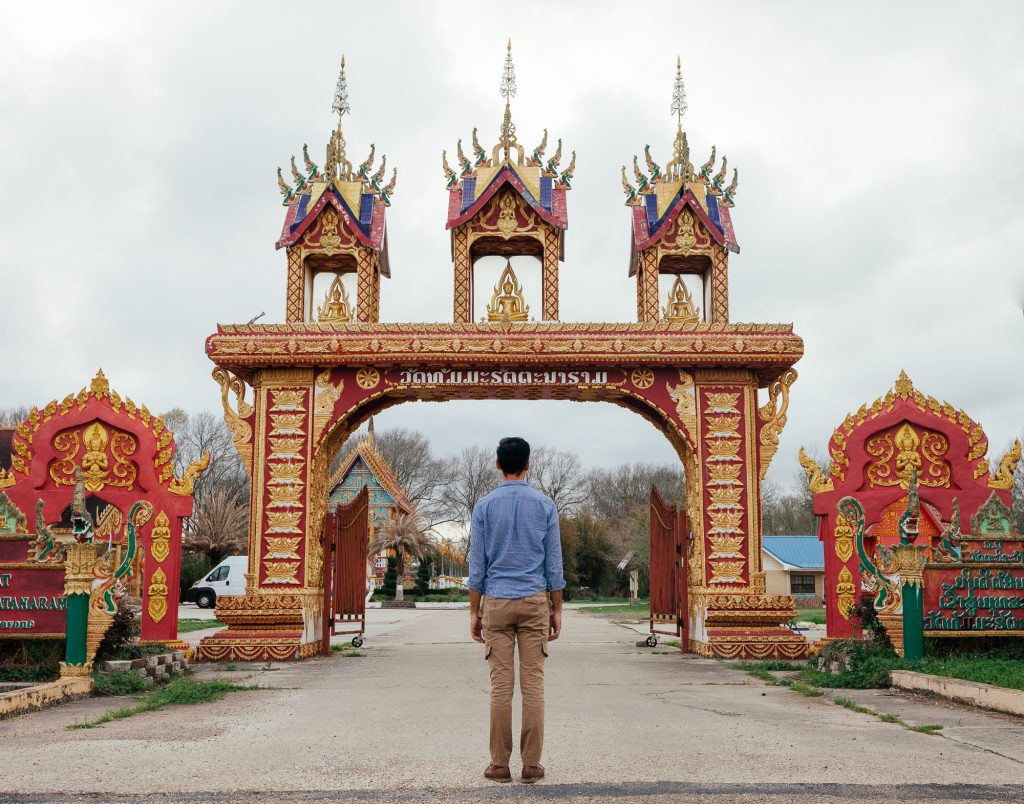
Phanat’s parents met in Laos during the 1970s. They were both working for a French colonial family – Phanat’s mother was their servant, and his father was their security guard. After the Vietnam War, they fled from Laos to Thailand, out of fear of political persecution. His father left first, crossing the Mekong river at night, and his mother followed weeks later.
Phanat Nikhom Refugee Camp
They had Phanat’s brother, sister, and then in 1981, Phanat was born in the Phanat Nikhom Refugee Camp. Six months before his birth, his parents’ resettlement to the US was approved. The family would be going to Louisiana, where Catholic organizations were helping resettle refugees, and the state had an abundance of available low-wage jobs.
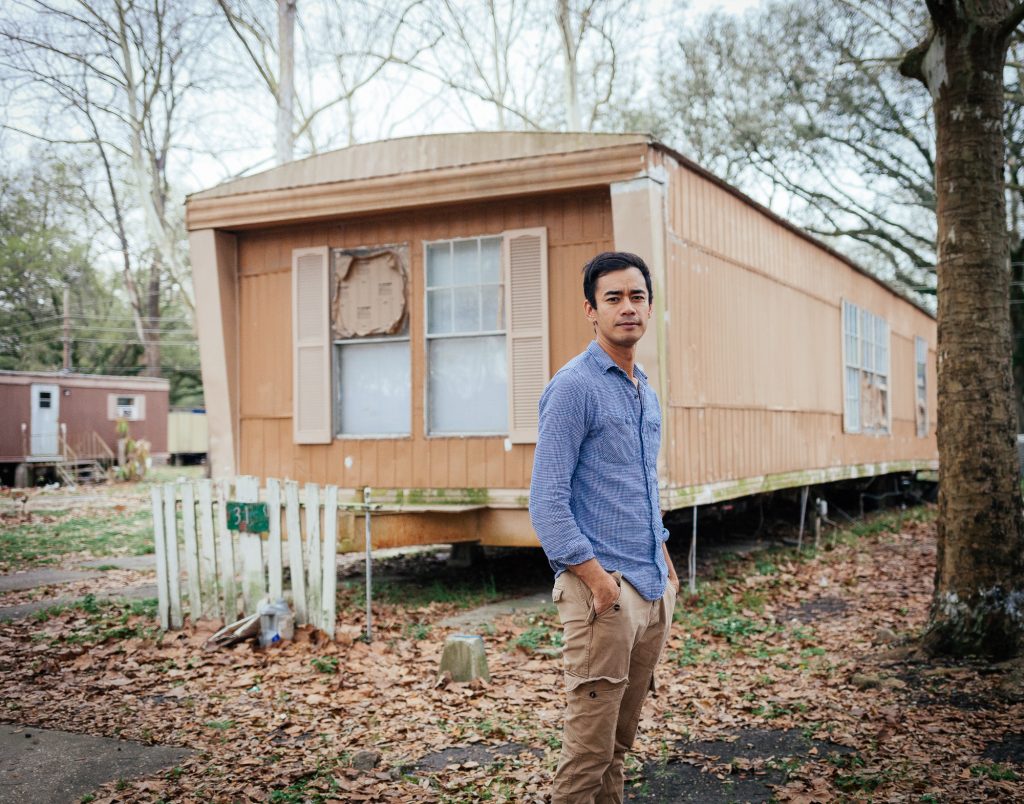
Louisiana
The family arrived in New Iberia in 1983, the largest city in Louisiana’s Iberia Parish. They lived in a three-bedroom trailer with a total of 11 people from three different families.
“We didn’t have a bed to sleep on. My mom found a mattress on the side of the road and pulled it into the trailer.” (audio below)
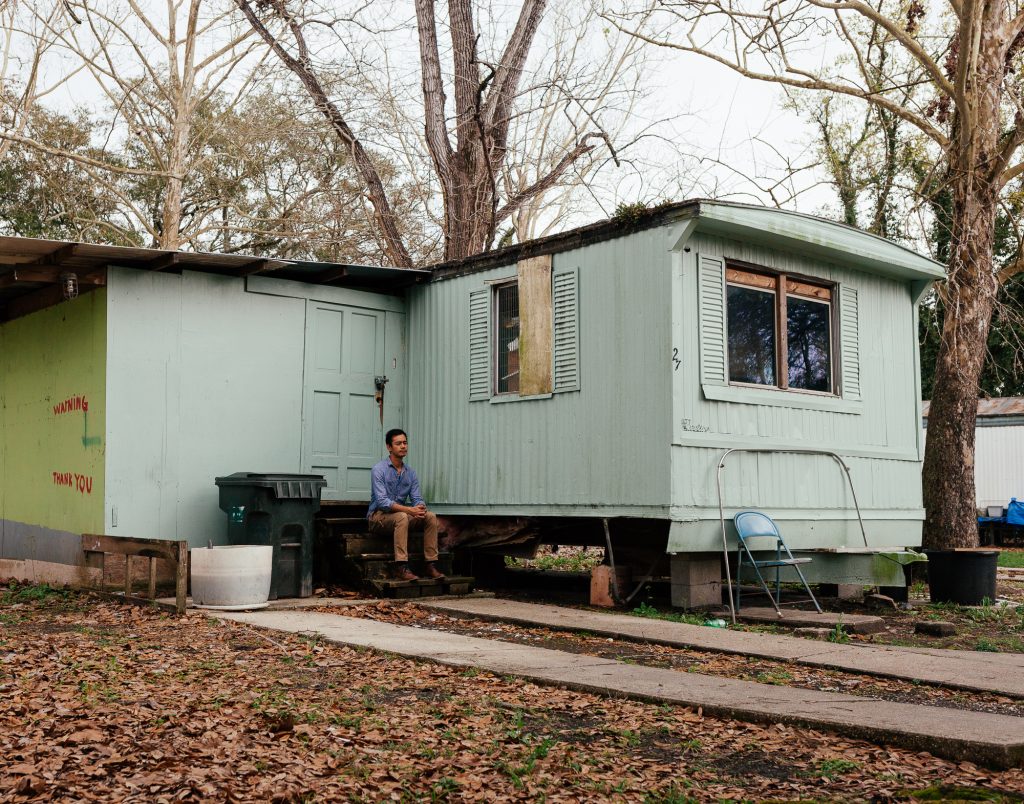
Survival for Phanat’s parents in this new country with three children and no money was hard. Their first job was sorting potatoes into cans and making $1.80 per hour. They also peeled crawfish and shucked oysters. He remembers his family members always smelling like seafood.
Everyone in their family had an economic function.
“If you existed and you were eating, you needed to do something.”
Most of Phanat’s life has been within a three-block radius of New Iberia. Growing up, Phanat felt like he was living simultaneously in two different worlds; no one at home would be able to explain the “American” things he was learning at school, and no one at school understood his culture at home.
“I had to figure a lot out on my own, since I spoke a different language, had different food, and different music. I grew up having to be very adaptable to every situation.” (audio below)
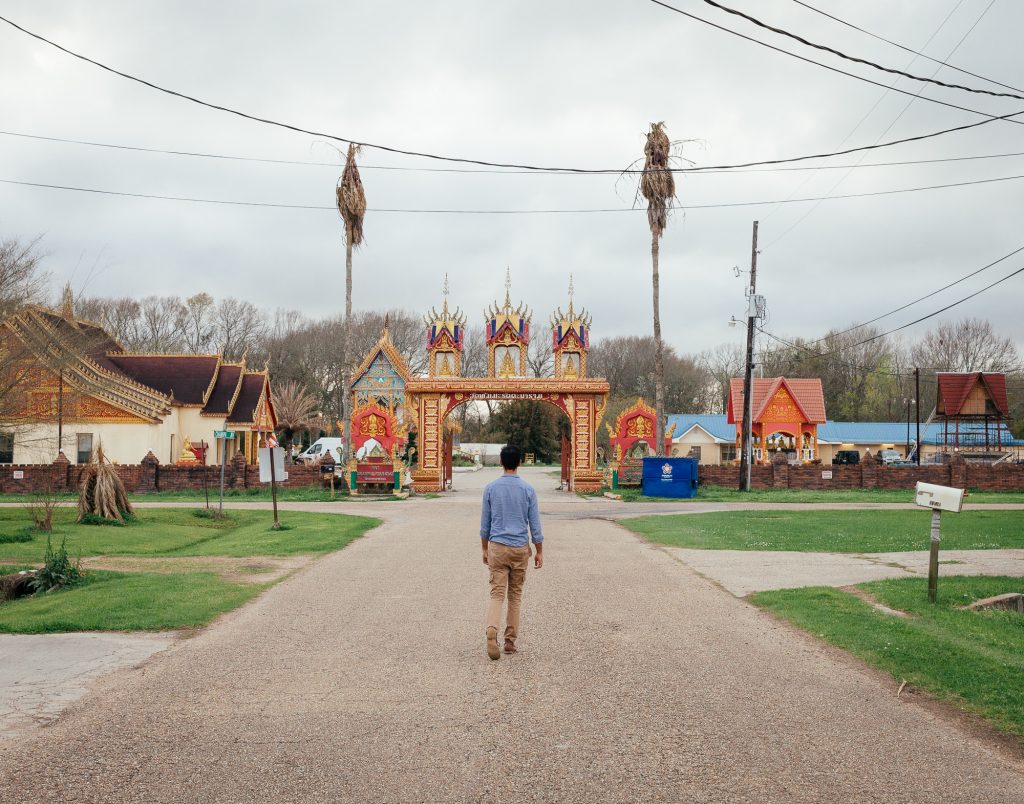
Lao Community
Many families from Iberia Parish’s Lao community that arrived in the 1970s and 1980s have had similar experiences to Phanat’s. The region had federal training programs that targeted immigrant men to work in the oil fields and women in the textile industry. Because many of these immigrant families had dual-income households, they quickly elevated to a higher socioeconomic position within the community. This success, in turn, led to a lot of xenophobia and resentment from locals.
“Americans were used to a certain way of going about work. These immigrants came in, worked hard, did not take breaks, and that was threatening.”
The Lao community has been somewhat insular and isolated in Iberia Parish – forming their own community ties to sustain their customs and traditions. Phanat believes the downside is that they have missed out on participation in local government and culture. As Phanat grew older he started to see himself as a connector between the Laos community and the other Louisianans.
Asia Market
Phanat’s mother always had an entrepreneurial spirit. She quit school after second grade in Laos to grow and sell vegetables at the market. After arriving in Louisiana and working in factories, she longed for a job where she could work for herself. She saw how many other Asian people were coming in Iberia Parish and looking for commodities they missed from Asia. Phanat’s mother opened her market in 1985, and offered many things from Asian movies to staple foods like rice, to small loans to help others start their own small businesses. She also started an urban garden in their backyard, growing Asian produce to sell at the store.
“The store became a mecca of Southeast Asian culture. There was an economy that was independent of the mainstream economy that was built in the Asian community.” (audio below)
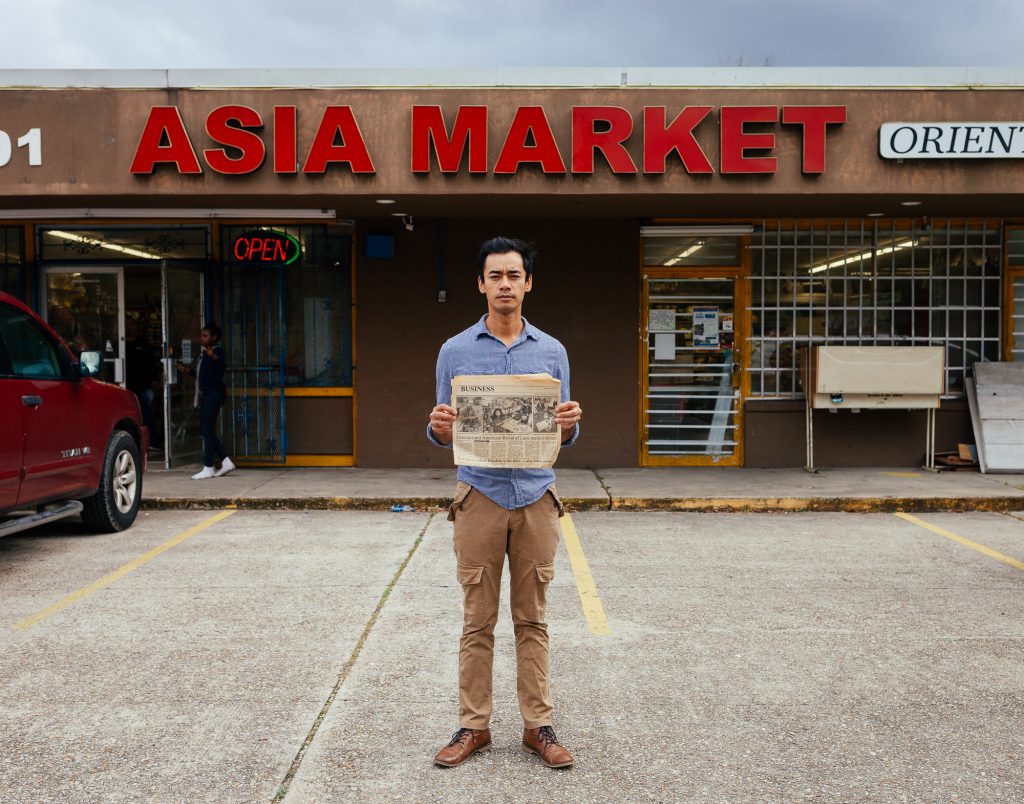
Phanat has always had a lot of creative energy, and being the youngest child allowed him some space to explore this side. His brother, as the oldest boy, had obligations to provide for the family, whereas Phanat had the “freedom to dream wildly.” (audio below)
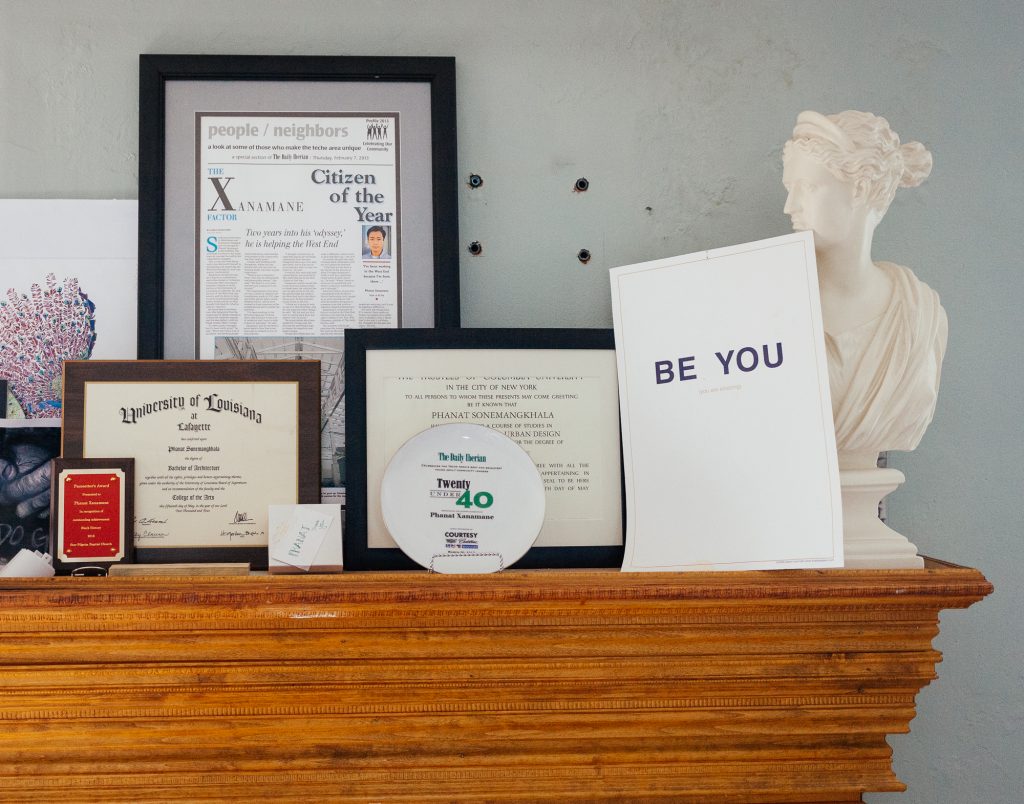
When it came time for university, Phanat decided to become an architect. He thought it was a career that would “balance the pragmatic side of his Asian roots and his creative side.” He went on to study at the University of Louisiana and then went to Columbia University in New York City to study Urban Design. Phanat knows he could have gone anywhere in the world with his degrees, but he wanted to move back to New Iberia and help return the city to its vibrant past.
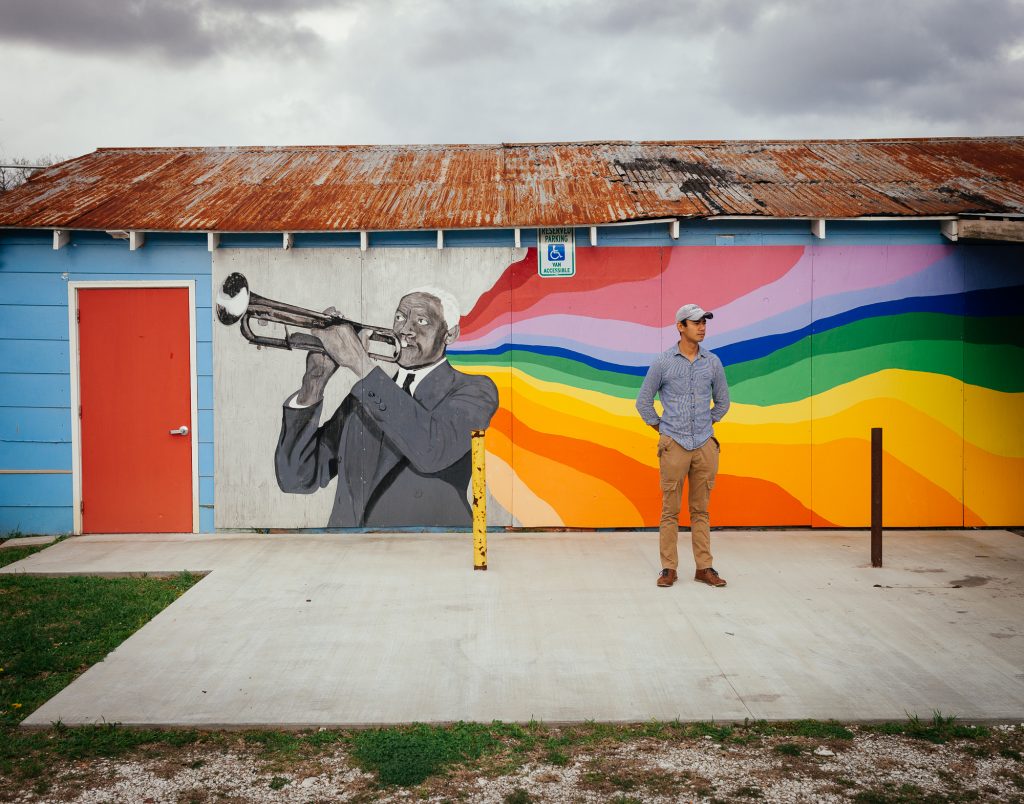
“I was learning all these great things, but my mind always went back to New Iberia. Why couldn’t this happen in New Iberia – wonderful architecture or a beautiful park?”
Returning Home
After a decade of being away, Phanat returned to New Iberia in 2010. Within a year, he started Envision da Berry, an organization focused on local creative and artistic activities that open dialogue on how best to improve the cultural and economic development within Iberia Parish. He targeted five core areas to improve – art, culture, economy, transportation, and health and wellness.
“I knew I had minimal resources, but I could get paint and do something impactful and get people to have conversations.”
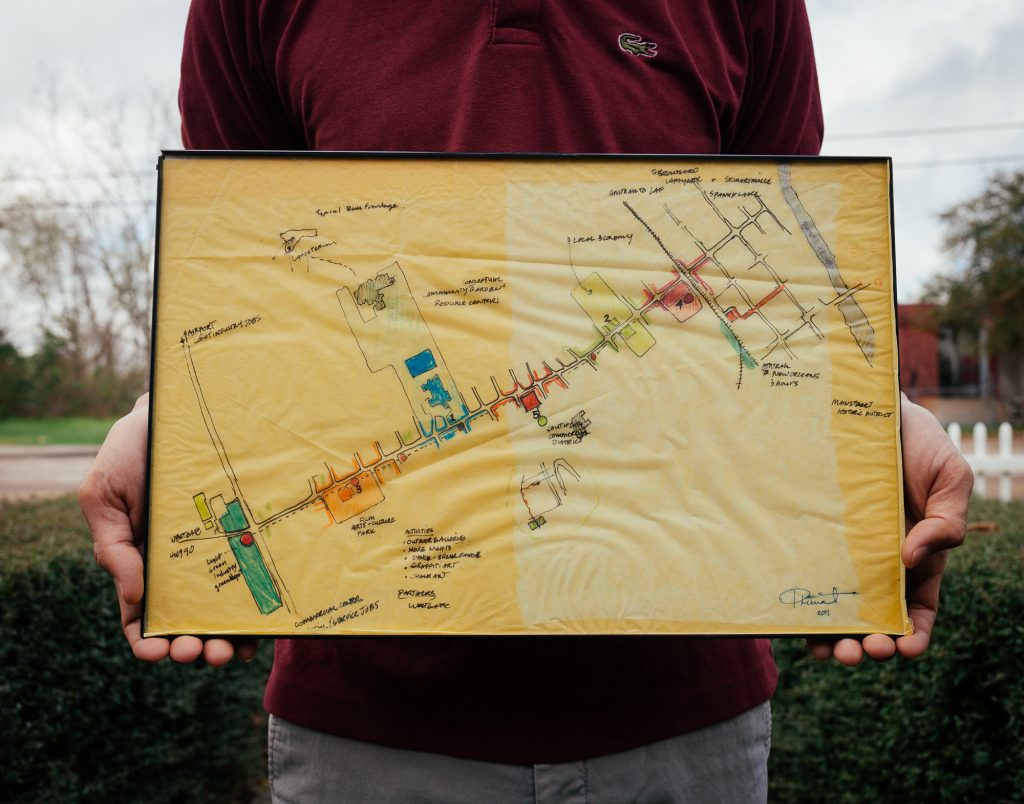
His first local art installation in 2011 was a temporary public space piece – ‘tactical urbanism.’ He collected a group of residents, picked a street, put up planters, and installed street furniture [see his plan in the above photo].
“Let’s imagine our neighborhood the way we want to see it in a few years, but do it in a temporary low budget way. My art is ephemeral, very in the moment. It takes into consideration where the community is at. It pulls from the community in the way that it manifests itself – whether through PVC pipes, or me singing in a pop-up gay show tunes bar.”
Community Garden
Phanat could see the need for fresh produce in the community – a community that lacked healthy food options. In 2013 he expanded on the garden his mother had started when he was a little boy, and the Iberia Community Garden Co-Op was born. It is a community-supported urban food farm focused on pesticide-free, bio-dynamic, and space-intensive food growing practices.
“The garden has been this amazing thing in this community. It has become an obsession of mine and from it have found such peace and serenity.”
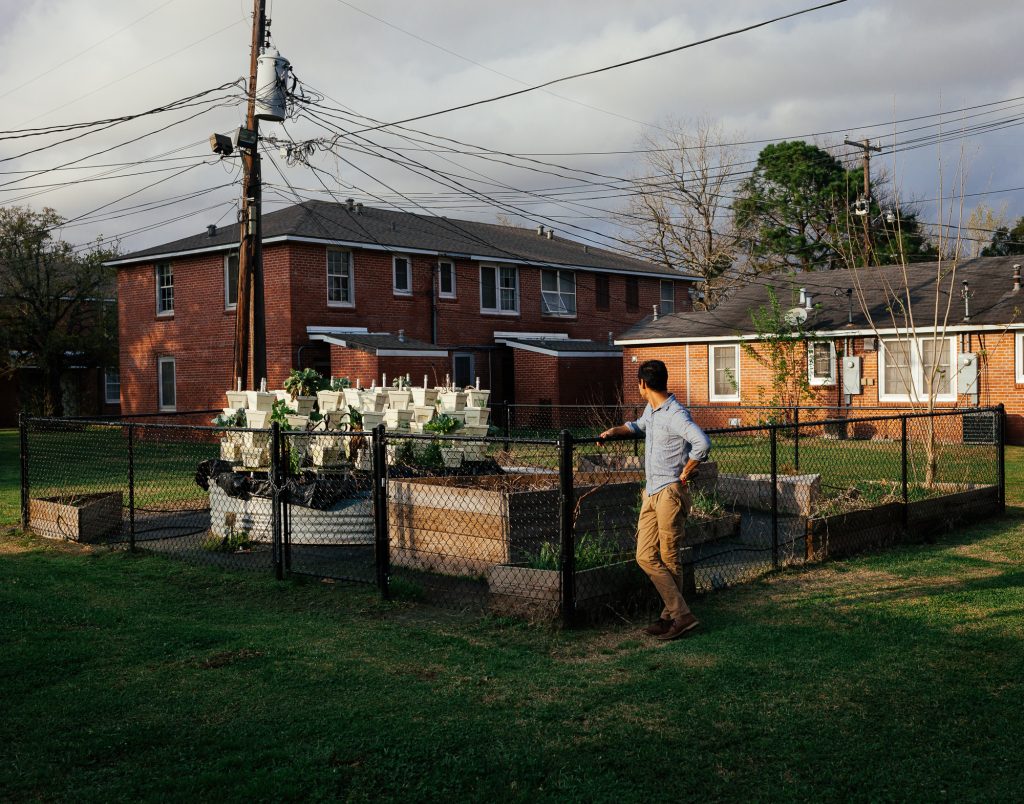
Aside from the community garden, Phanat has his personal garden, where he retreats for meditation and hopes to spend more time there in the future. He found himself involved in too many projects, stressed, and unable to express himself creatively. This garden is a place where he has complete control.
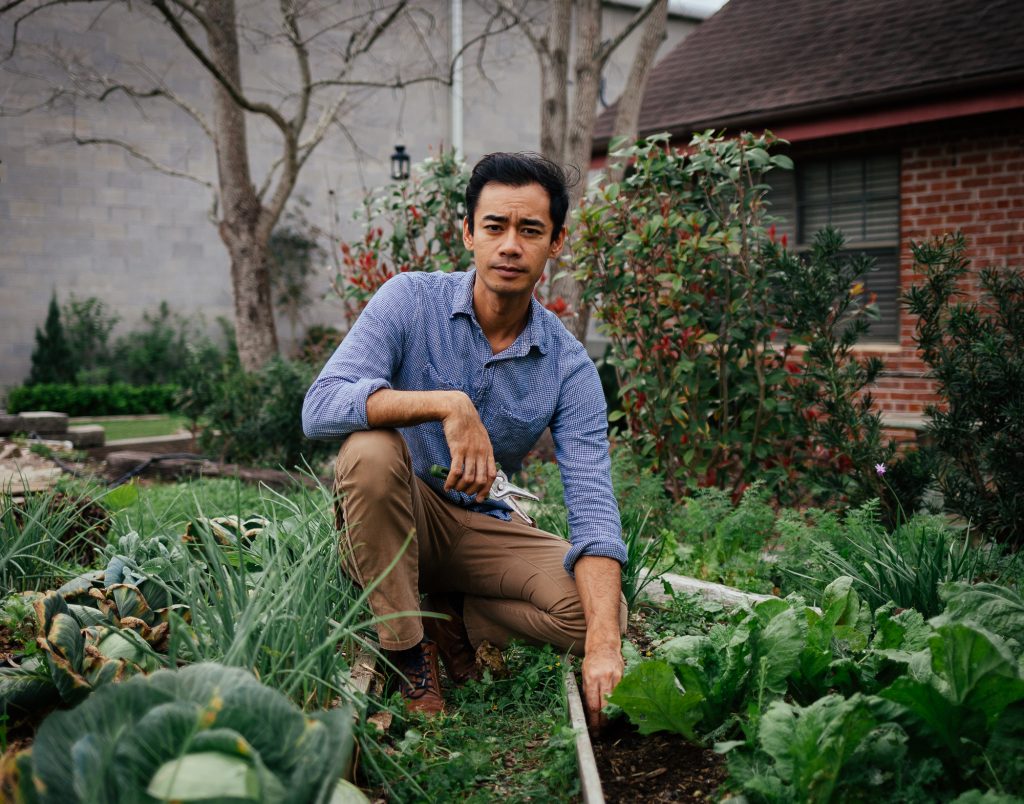
“I think gardening is communion with nature. When you plant a seed in the ground you can’t rush that. You can’t rush a pepper plant growing. What I do with my meditation is to get my mind to move at the same pace as nature. At harmony, at peace with everything in the universe.” (audio below)
Brother
Phanat and his older brother Saysane live together in the old family house. A year before Phanat moved back to New Iberia, his brother’s kidneys were failing, so he had to go on dialysis. He is on a waitlist for a new kidney. If he doesn’t get an organ soon, Phanat plans on giving him his.
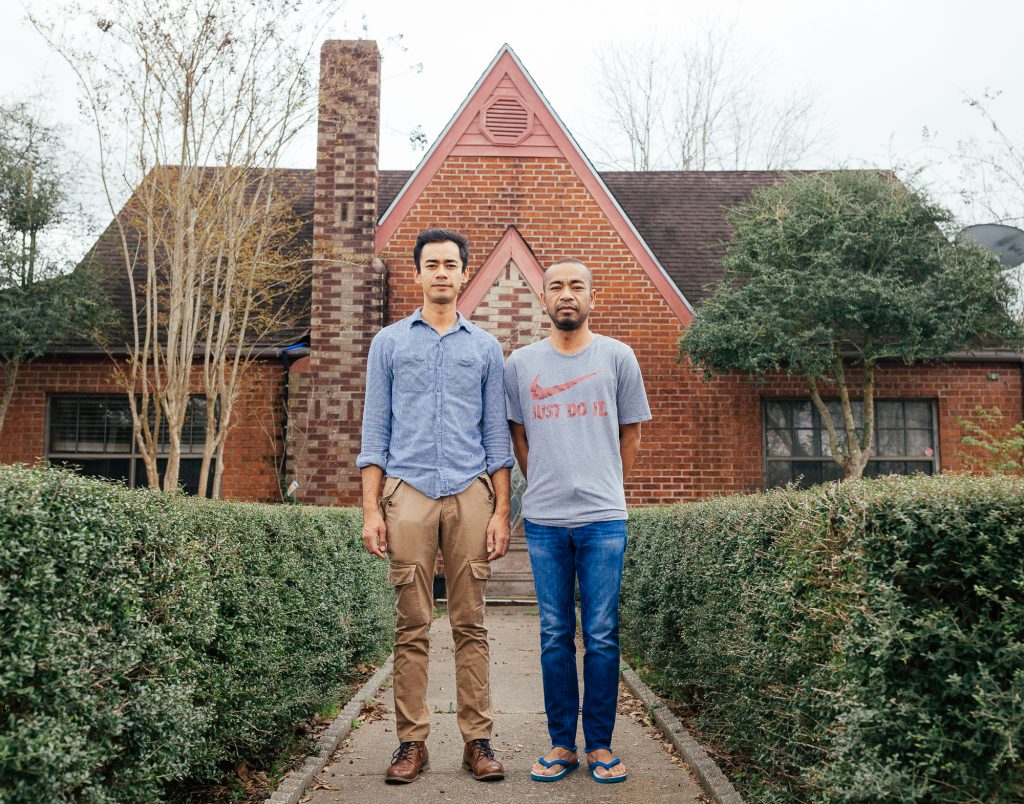
Growing up, his brother played all kinds of sports, and he always looked very healthy. However, his brother, like many people in the community, never ate healthily. He would eat the same things that so many people in this community eat that cause high blood pressure, heart disease, and diabetes. Phanat mentions how Louisiana is ranked 49th in terms of the health of the state’s population.
“It is the poor eating habits of poor people. – a box of fried chicken and a gallon of soda. When I drop him off at dialysis treatment, the majority of people there are poor black people. This is why I see the importance of the garden and our effort to bring fresh produce to the community.”
Building Bridges
When Phanat moved back to New Iberia, he knew that he was going to be true to himself as a socially liberal, progressive, gay, Lao Buddhist immigrant. He also expected himself to be at odds with the greater community, which is predominantly African American and either Catholic or Baptist.
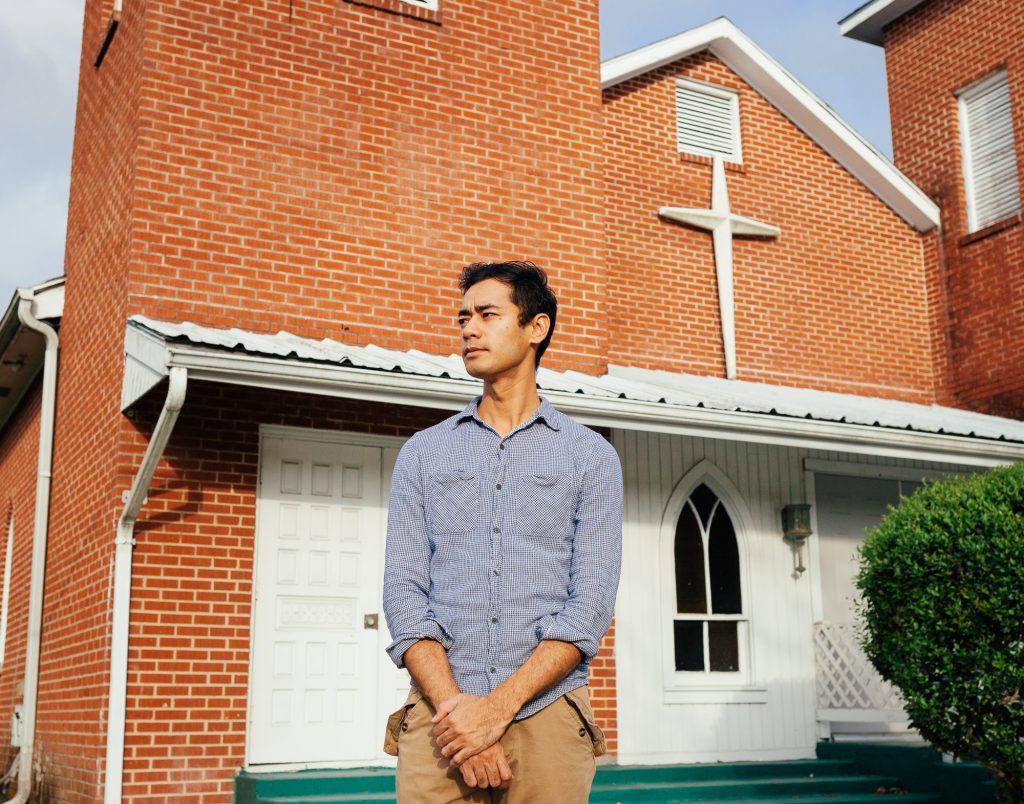
As time went on, Phanat built up trust with the community. In 2018 he got a call from the minister at the Star Pilgrim Baptist Church, a 149-year-old African American church. He told Phanat that the church would like to honor him with the “Pacesetter’s Award” as part of their black history program. Phanat responded, ‘You do know I’m gay, Asian and Buddhist, right?’
“I never would have thought that an African American Baptist church would honor me with anything!” (audio below)
Receiving this award was one of Phanat’s proudest moments. He saw it as representative of a paradigm shift happening in the community, celebrating people no matter where they are from, how they pray or who they love.
Fresh Market
Phanat’s most recent project in New Iberia is Da Berry Fresh Market, which opened in 2017. It’s a combination of a fresh produce market and a job training program for the local community. At the market, you can find fresh produce from the community gardens.
Phanat has passed the torch of managing the market to Carl, a young man from Mississippi. Carl used to work full-time in the oil fields while attending college at night. His diet was horrible. One day an elder mentioned to Carl that he wasn’t taking care of himself, and that planted a seed. Since then, Carl stopped drinking soda, eating candy, and getting fast food. He’s fully invested in being healthy – growing his own plants, buying organic, and exercising regularly.
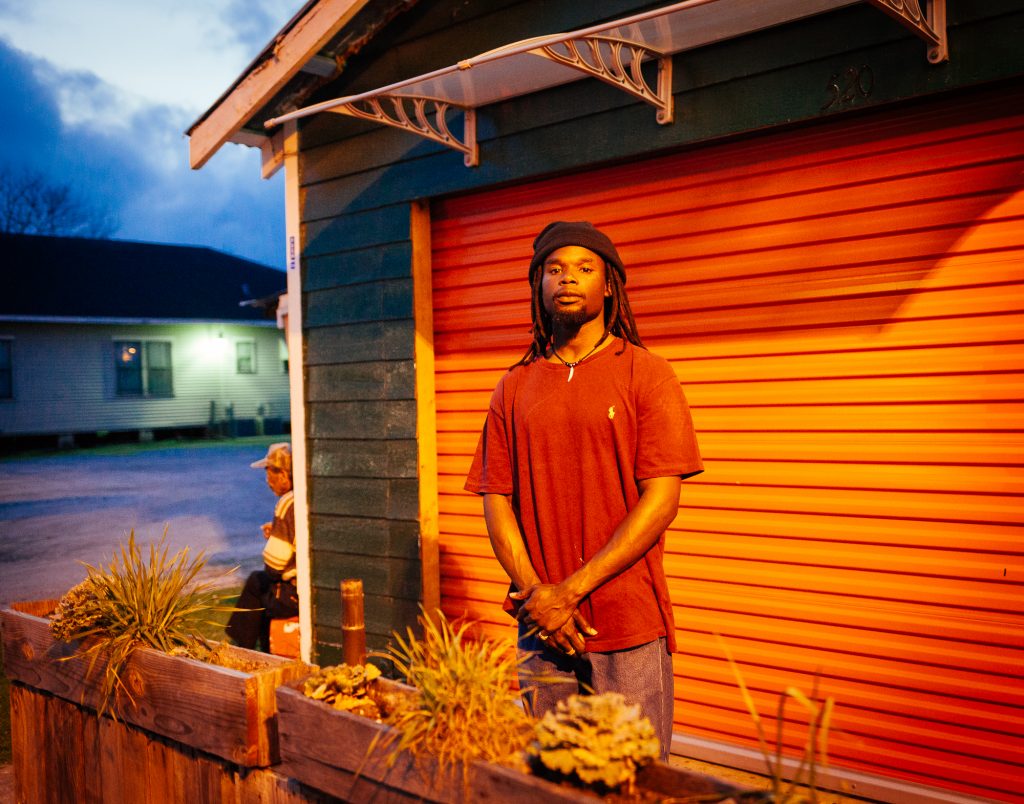
“I never would have imagined that my life would have changed that much from my diet.”
Carl feels more spiritually connected – like Da Berry Fresh Market is part of his calling. He respects Phanat for starting it and sharing his knowledge. Carl thinks the local African American community is kept in a “condition of disease” from the unhealthy food they eat. He hopes the market can help change this by creating, “a community, surrounded by people of African American descent who all learn and heal together.” (audio below)
Most of the work Phanat has been doing since moving back to New Iberia in 2010 has been for free. He has been widely recognized for all of his accomplishments, but as he says, “all these awards don’t come with a check!”
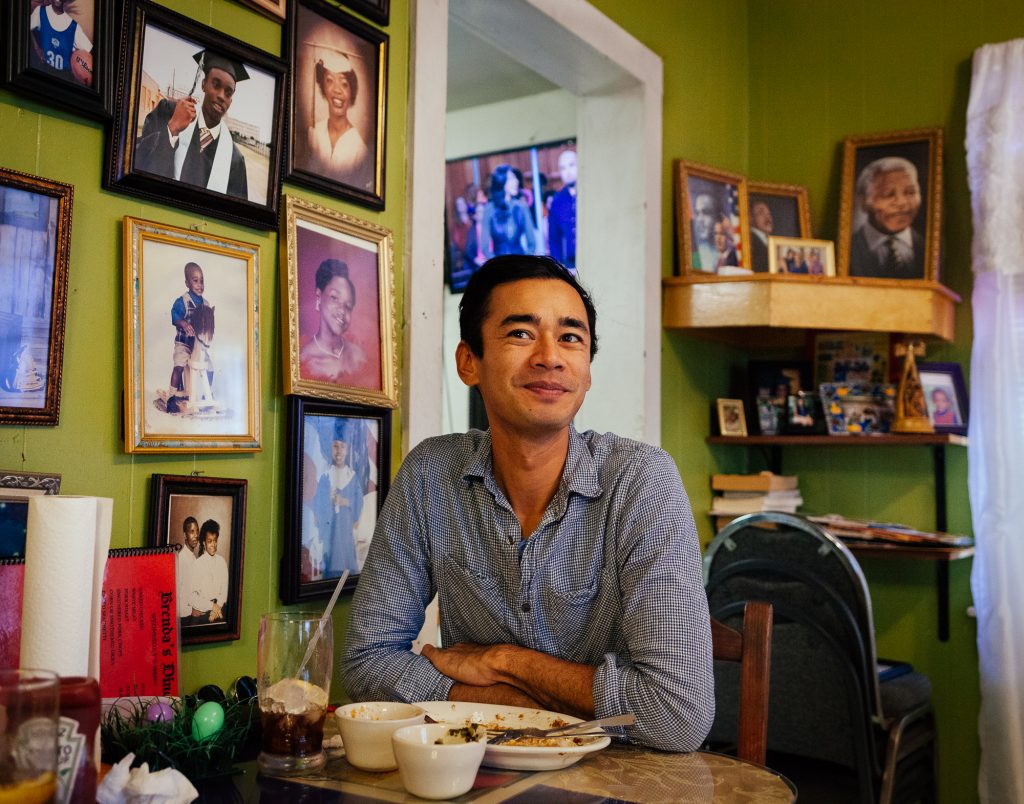
Future
When Phanat returned to New Iberia, he committed to a “ten-year plan” to improve the community. It’s incredible how much Phanat has done since returning. As the decade comes to a close, Phanat wants to take more time for himself and spend more time on his personal garden. It is clear that no matter what Phanat does in the future, it will be creative and have a positive effect on New Iberia’s community.
*Update: Phanat’s brother Saysane passed away on April 7th, 2020 after a long fight with kidney disease, and complications from a very rare blood cell condition.
#FINDINGAMERICAN
To receive updates on the book release and exhibition of “Finding American: Stories of Immigration from all 50 States” please subscribe here. This project is a labor of love and passion. If you would like to support its continuation, it would be greatly appreciated!
© Photos and text by Colin Boyd Shafer | Edited by Kate Kamo McHugh. Quotes are edited for clarity and brevity.


















